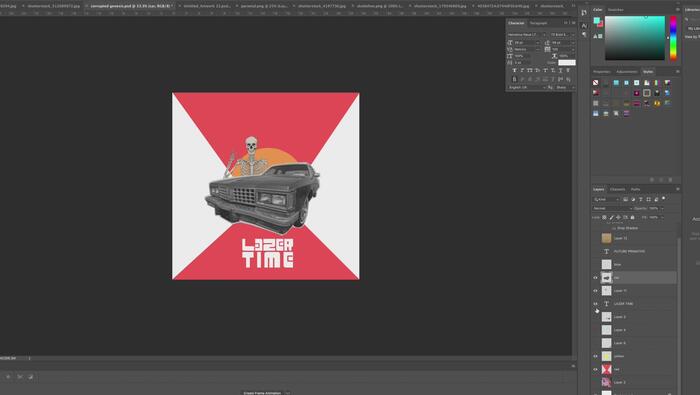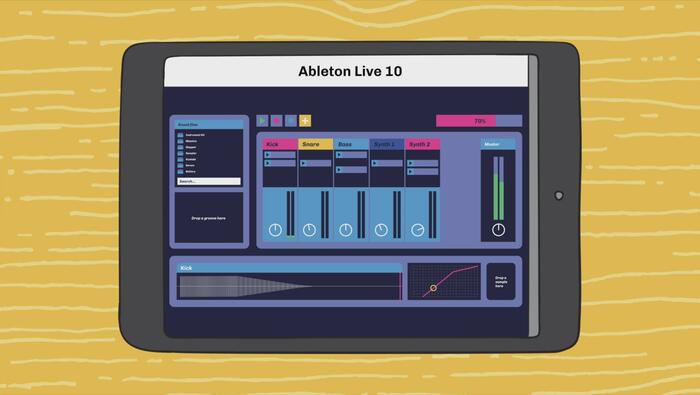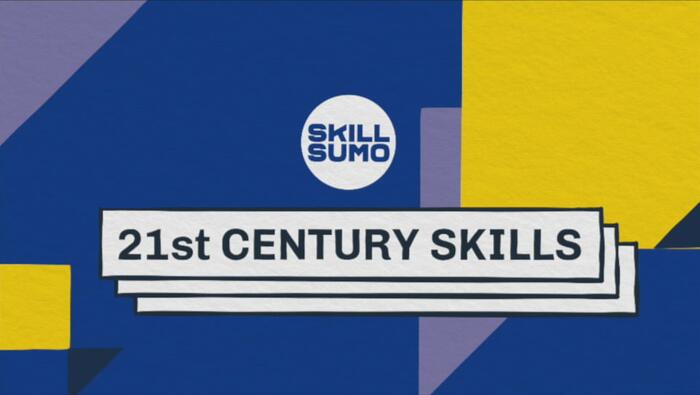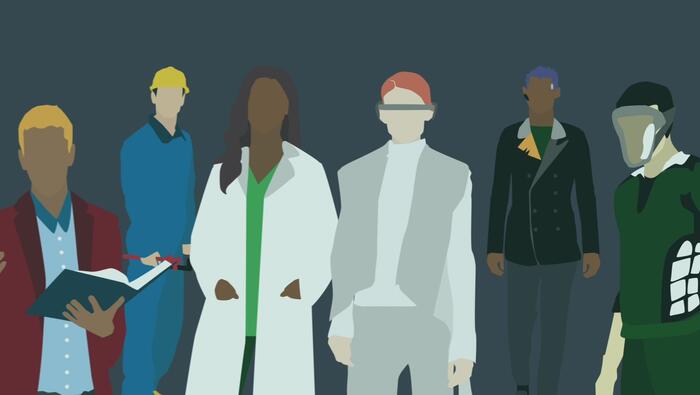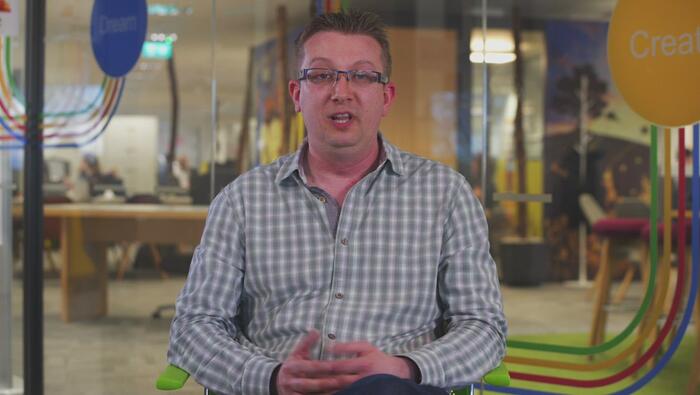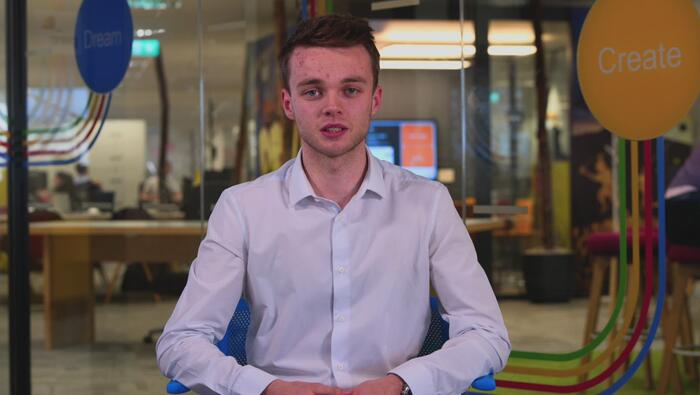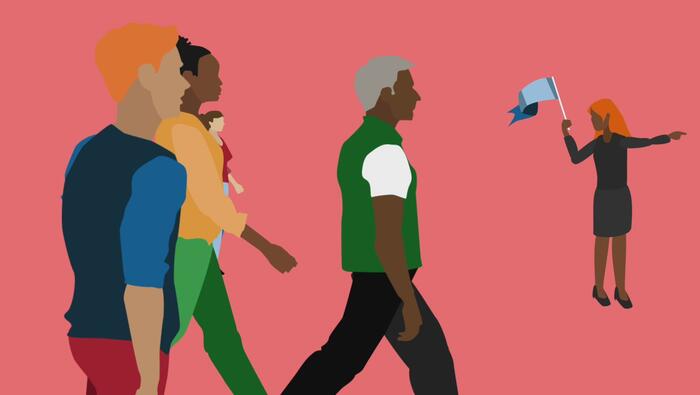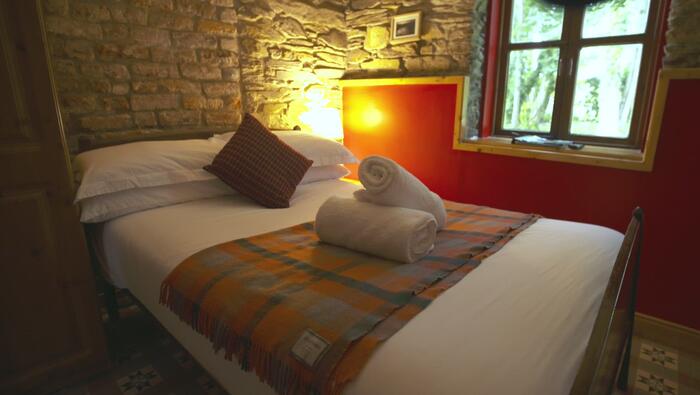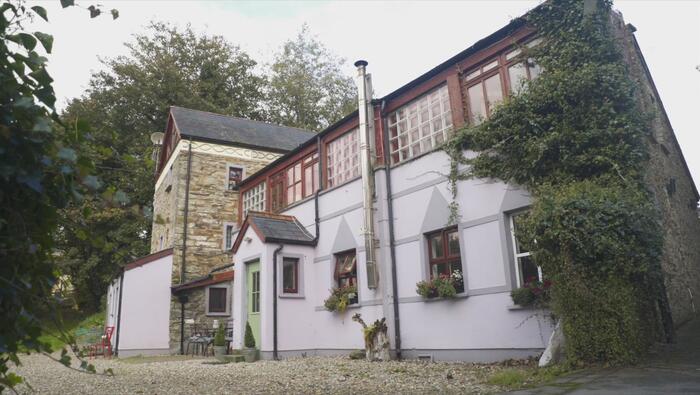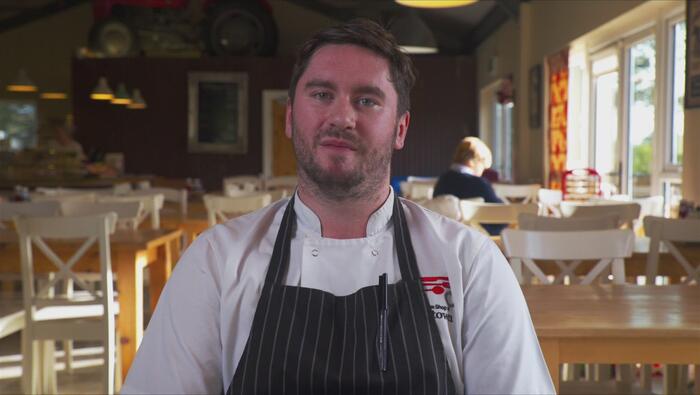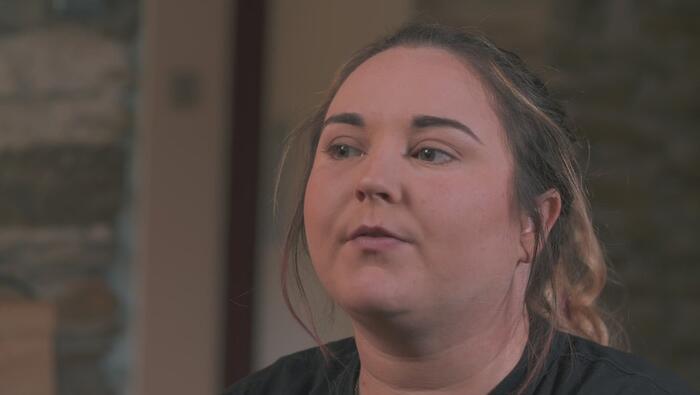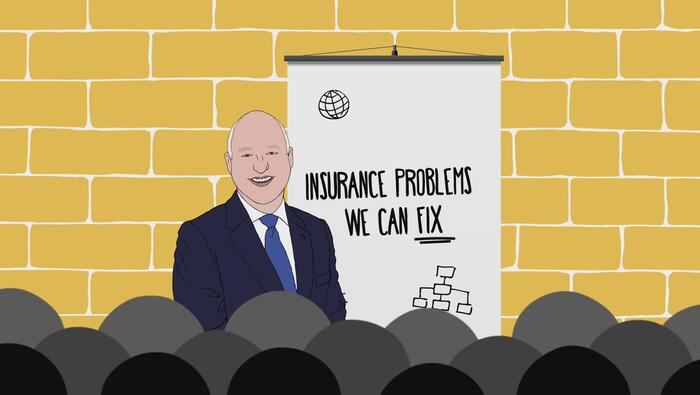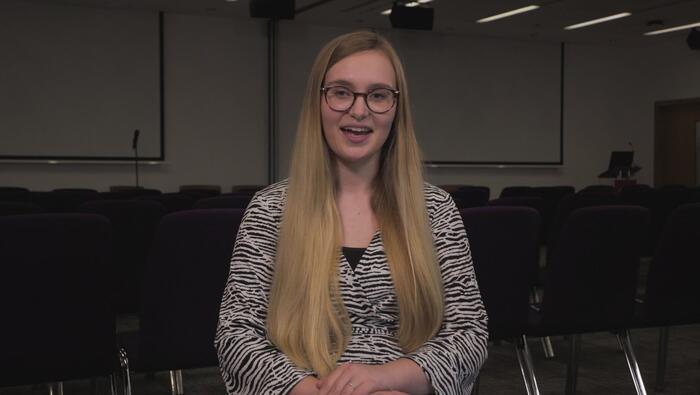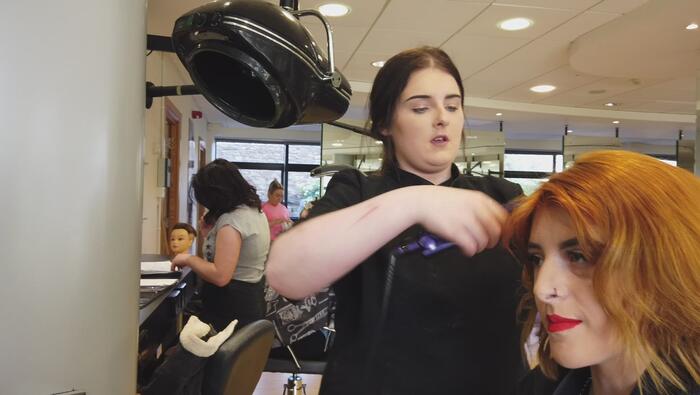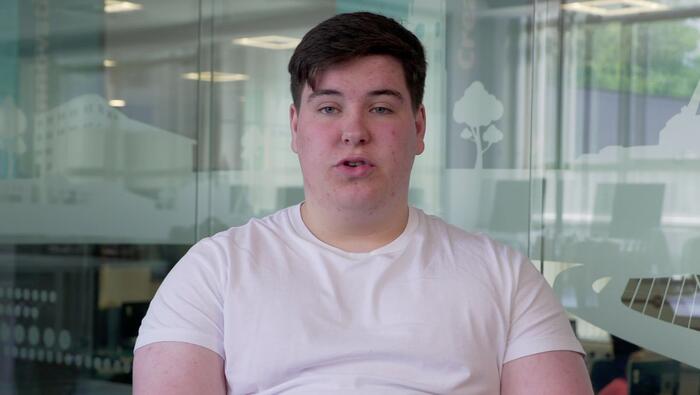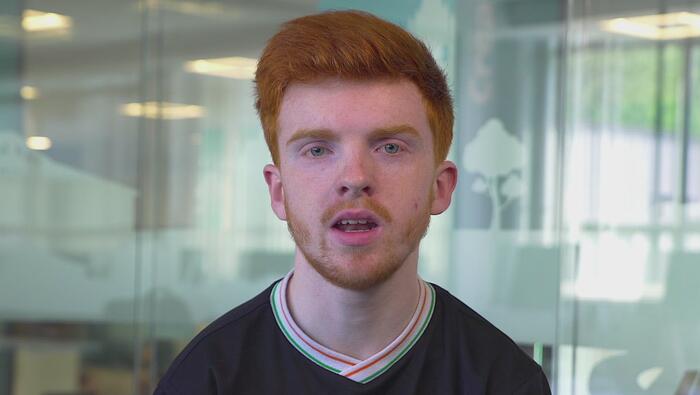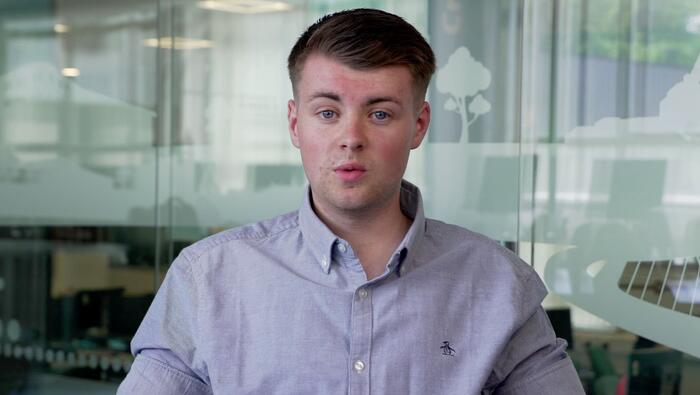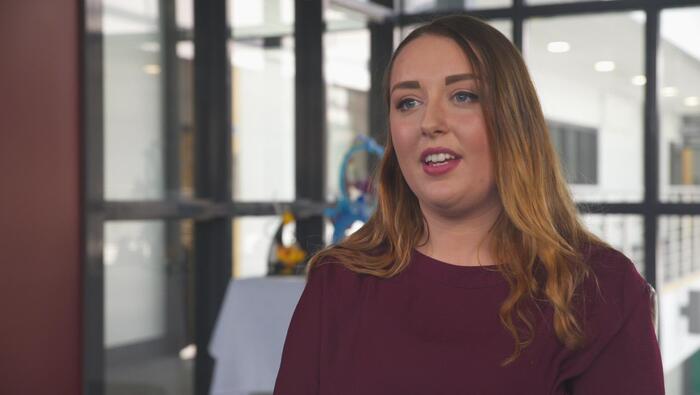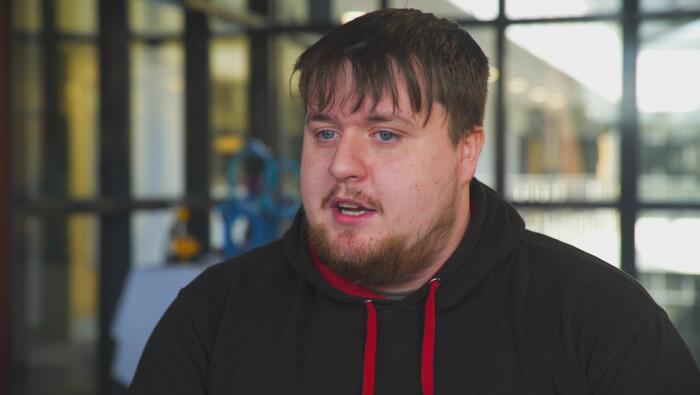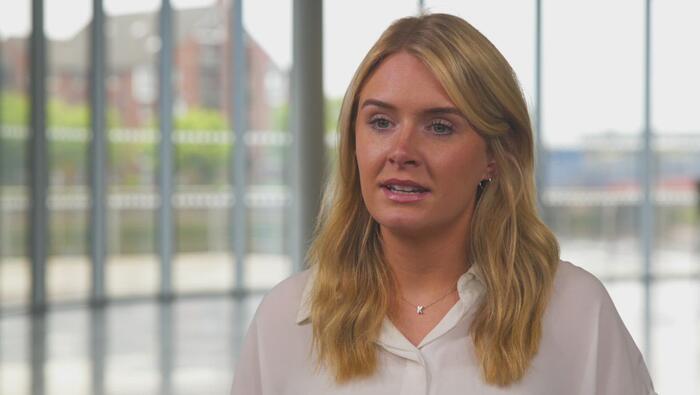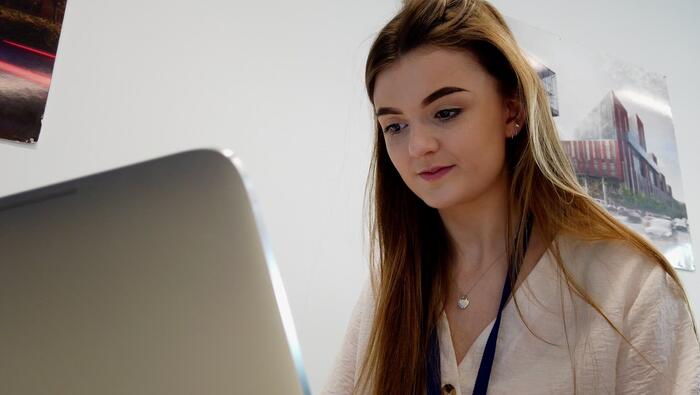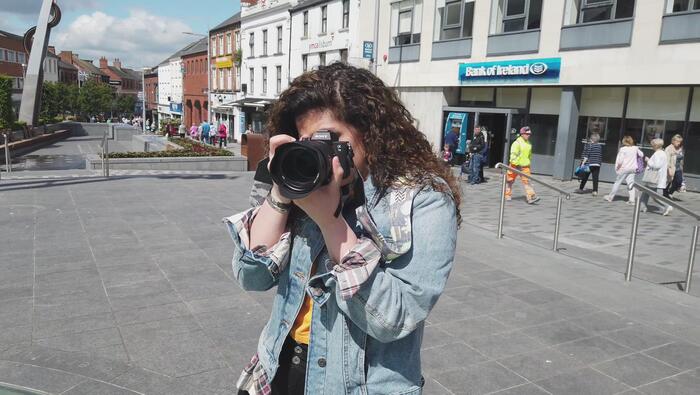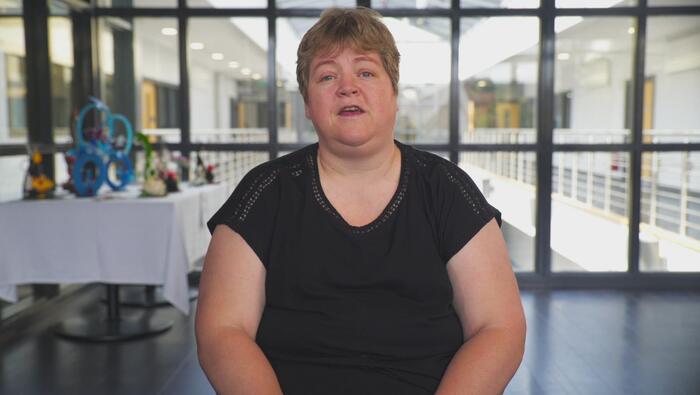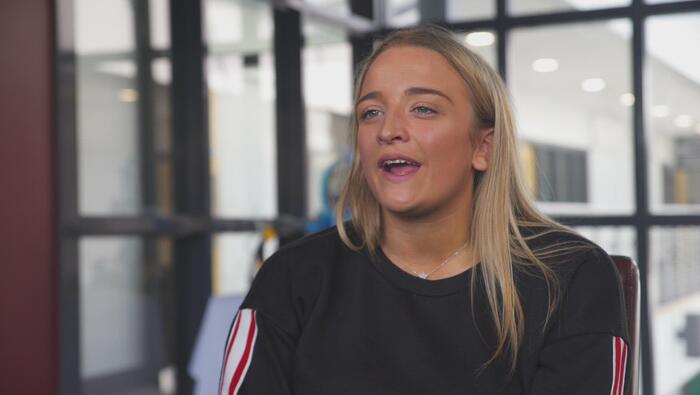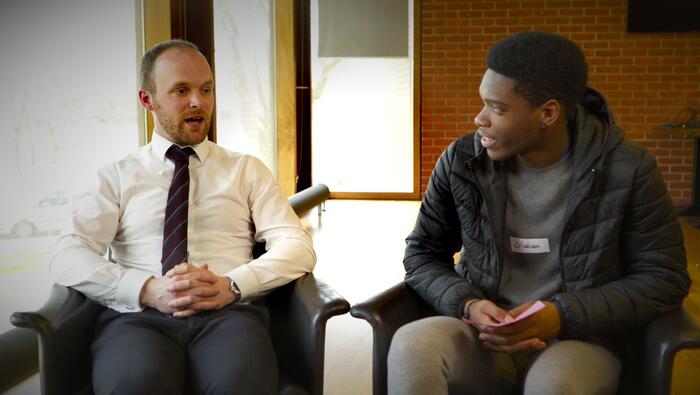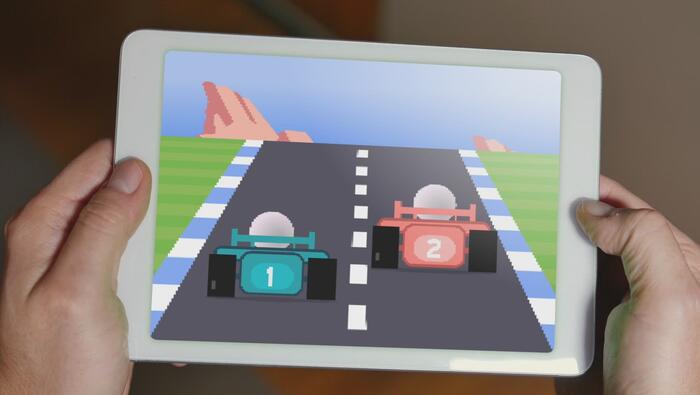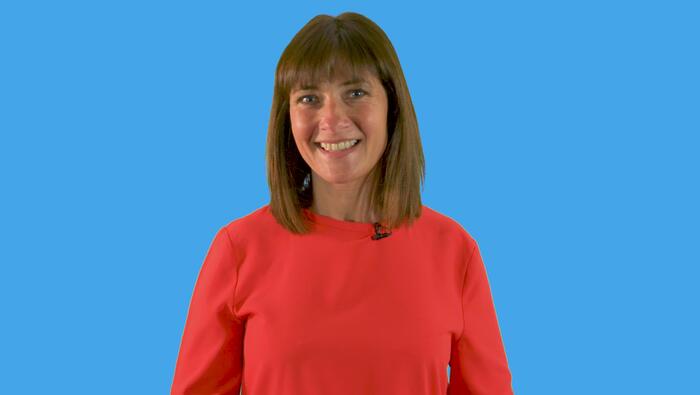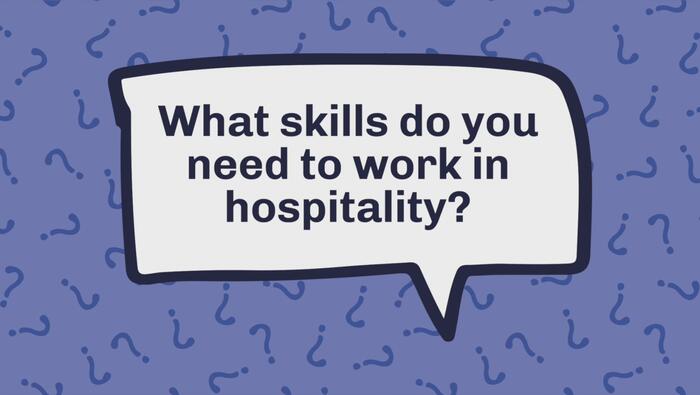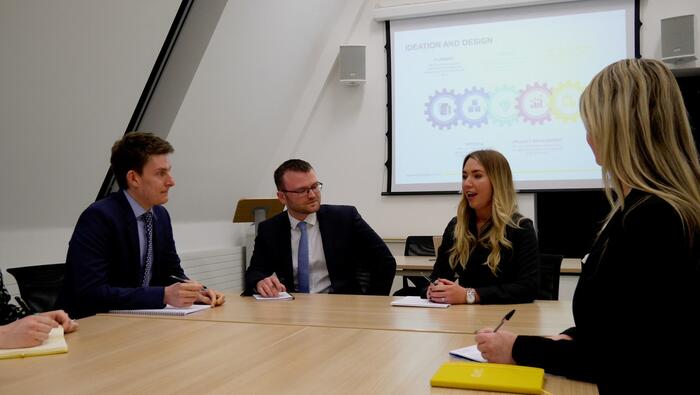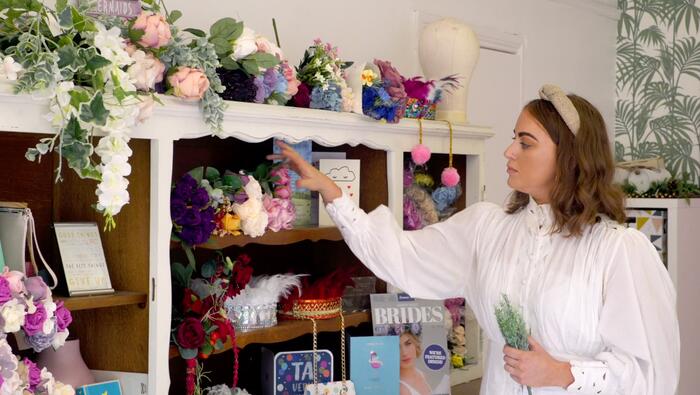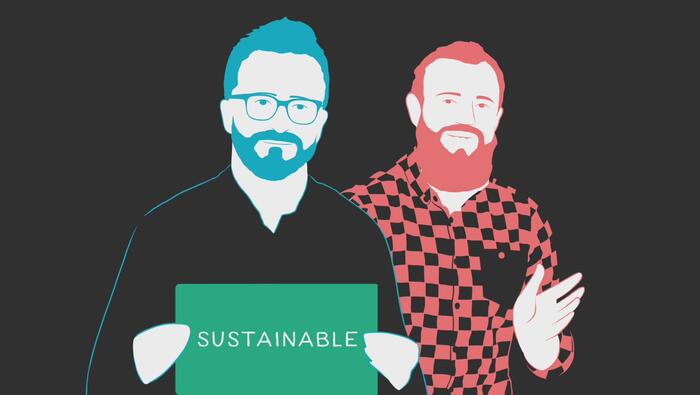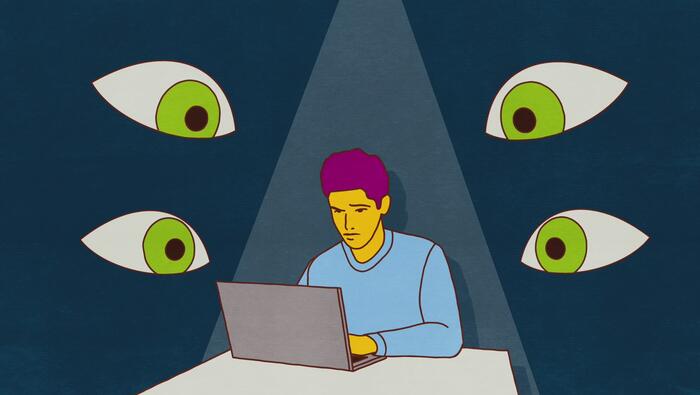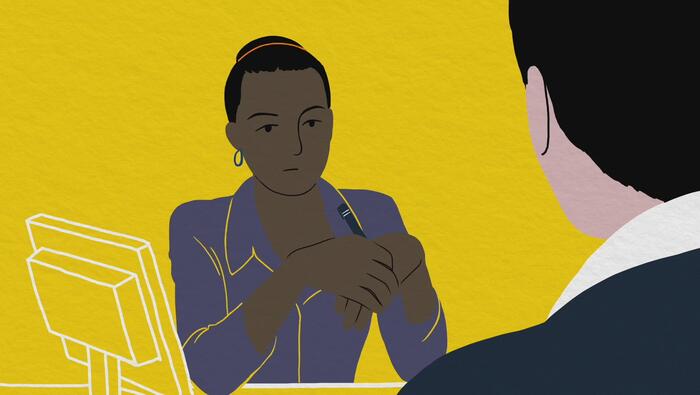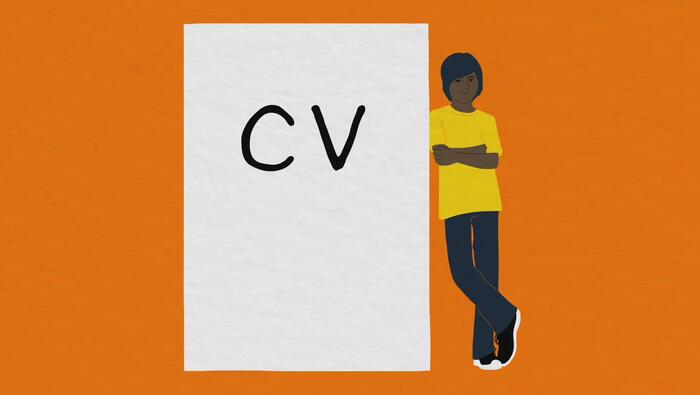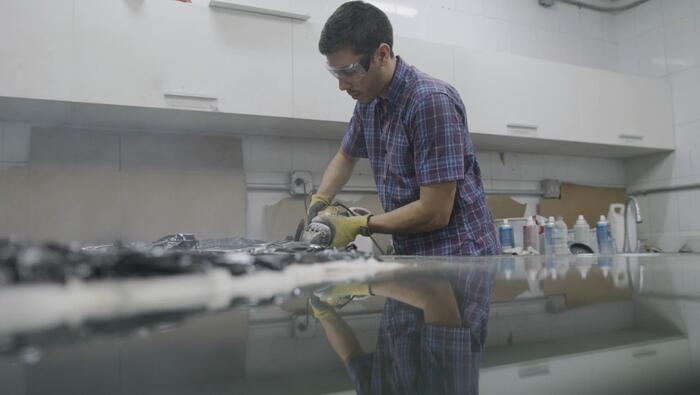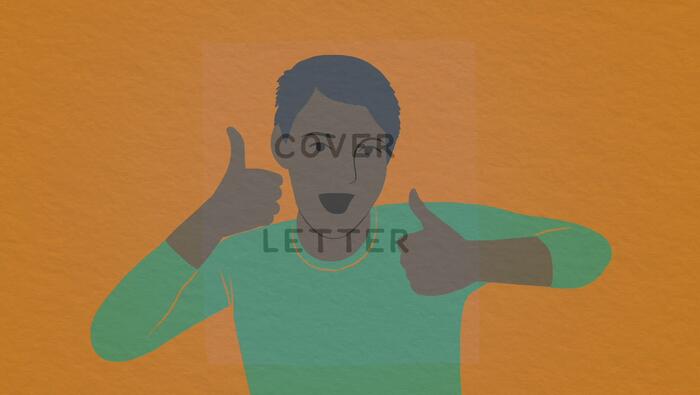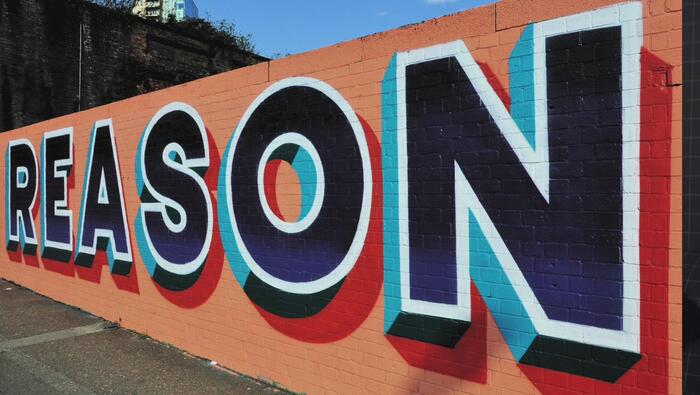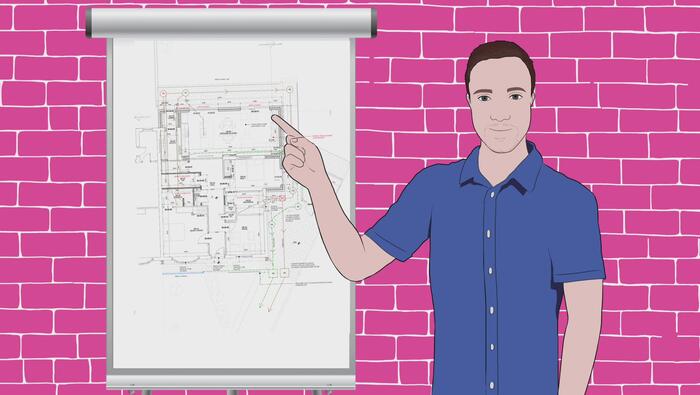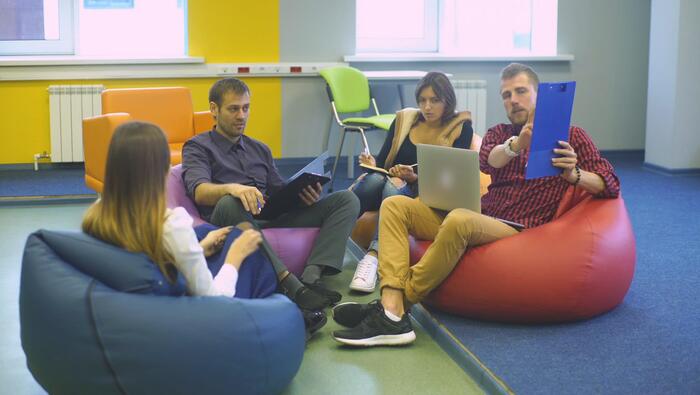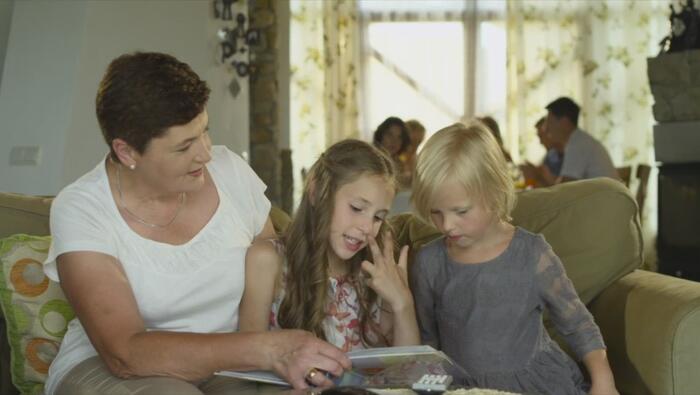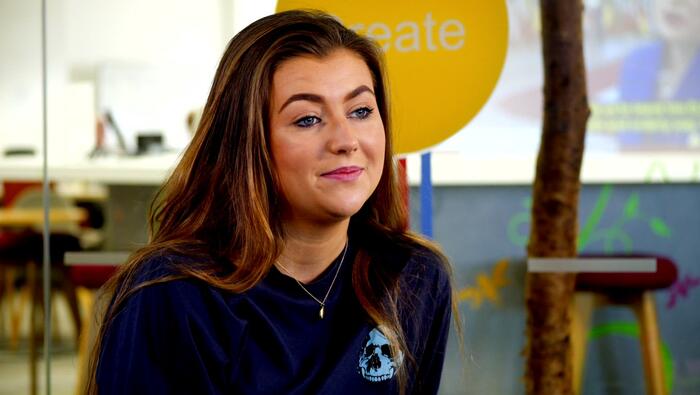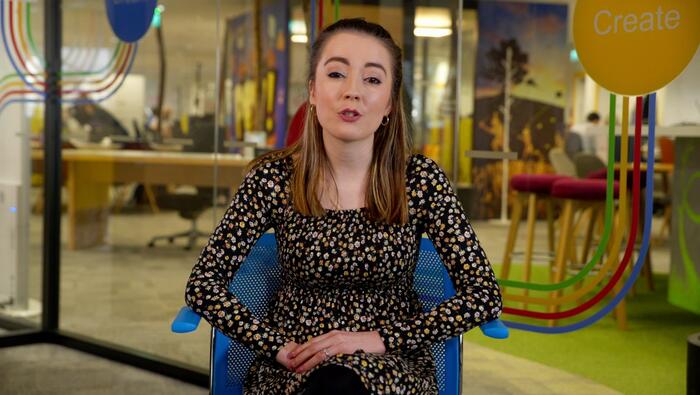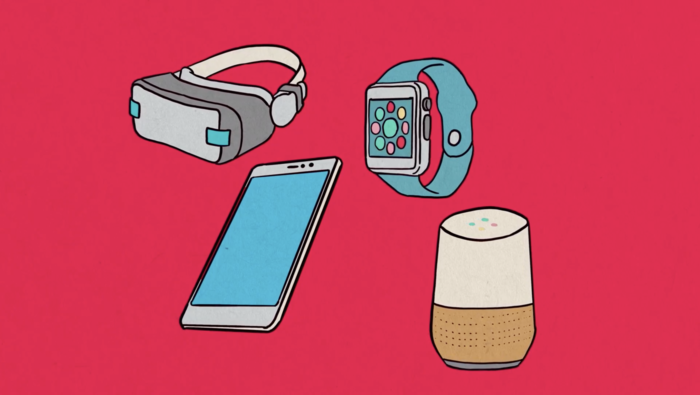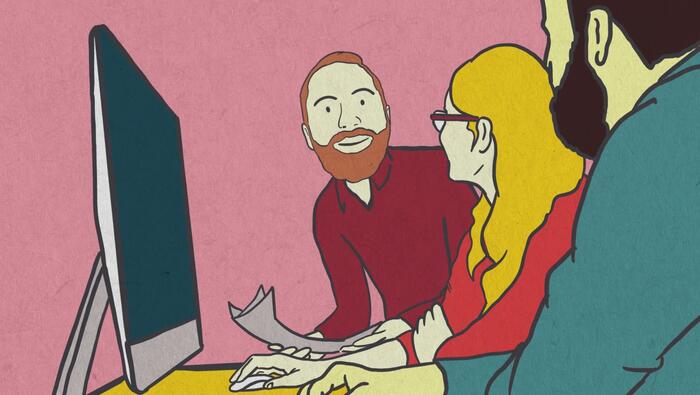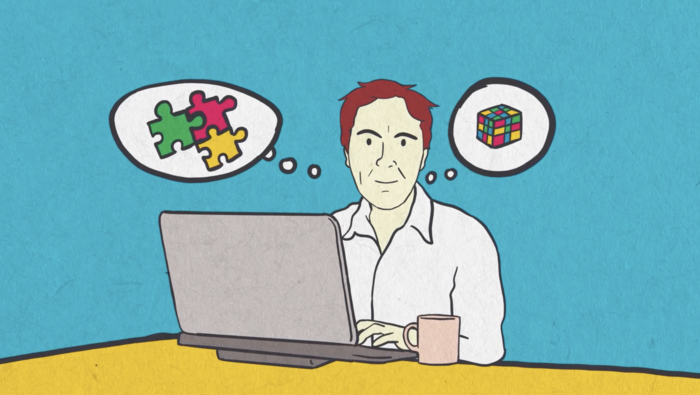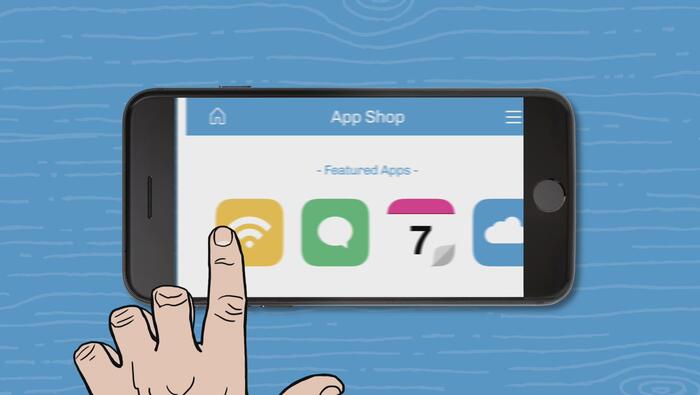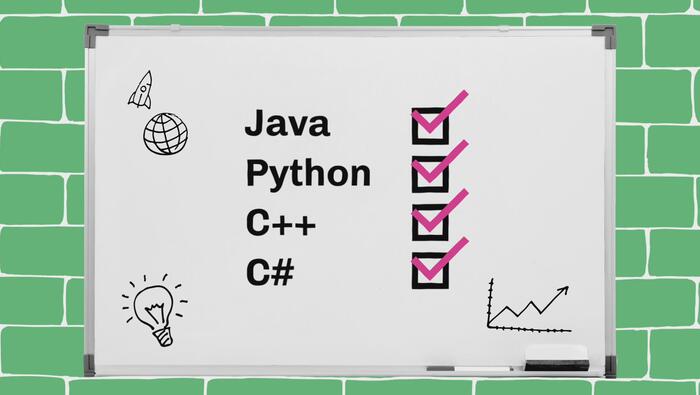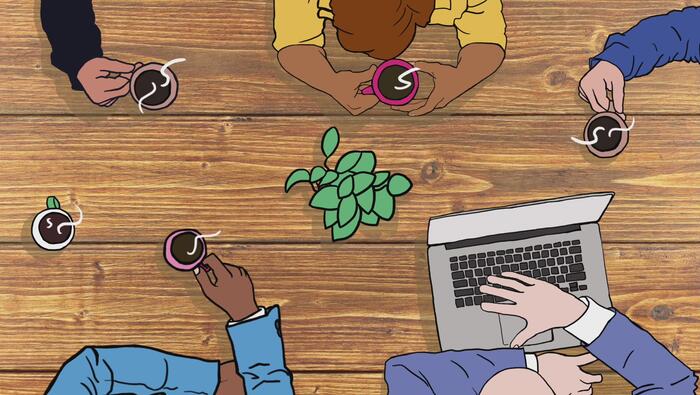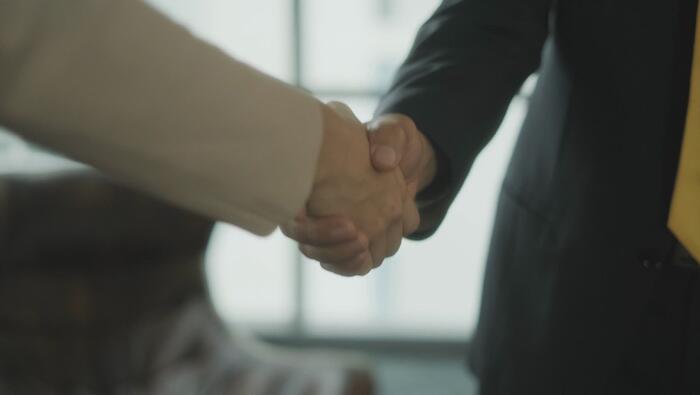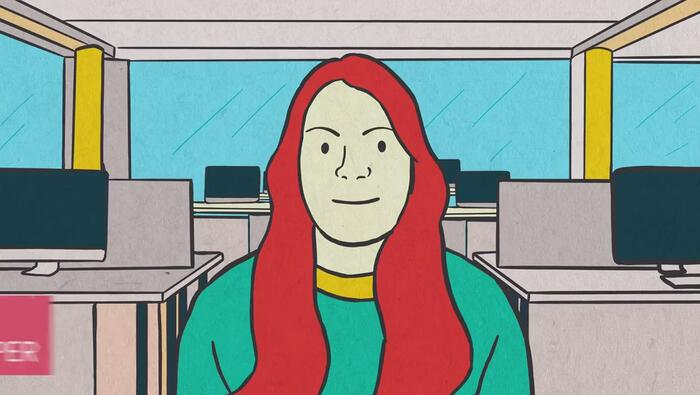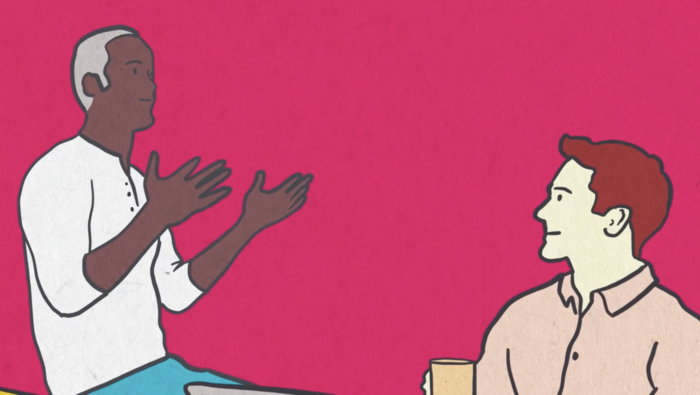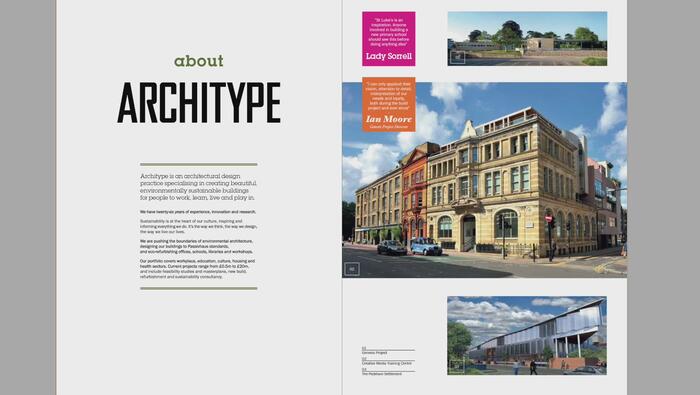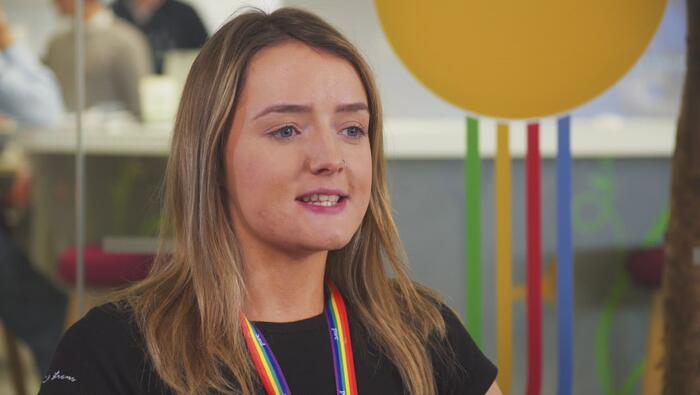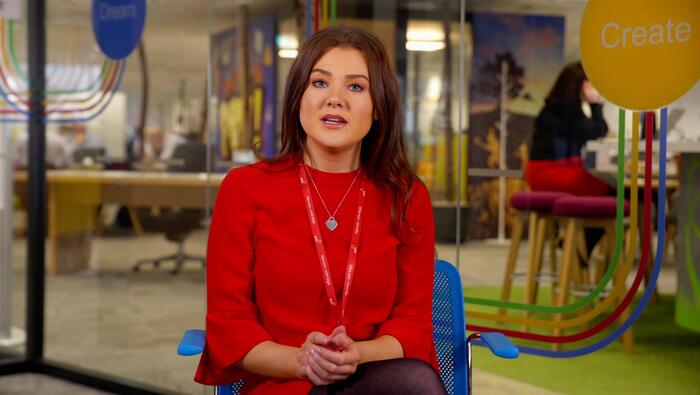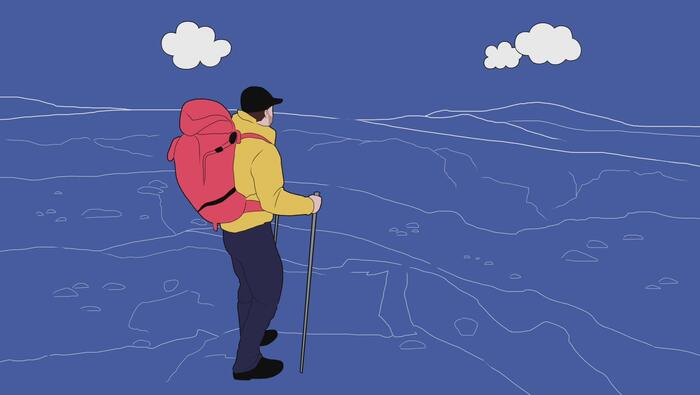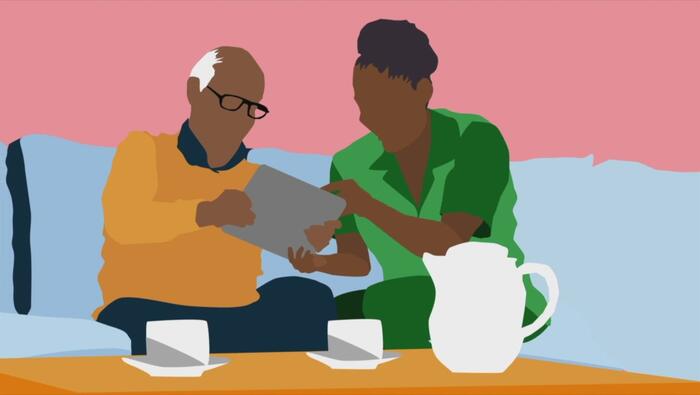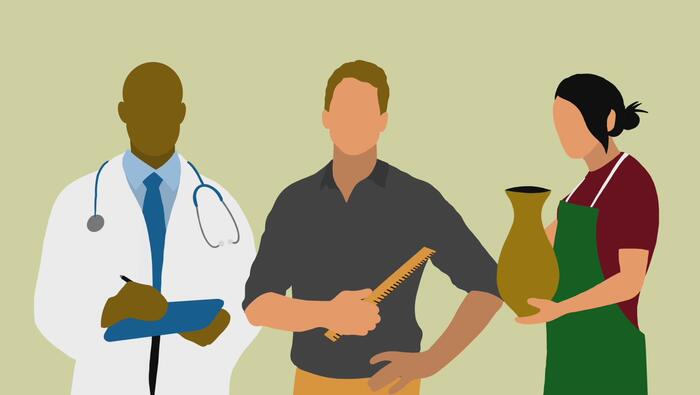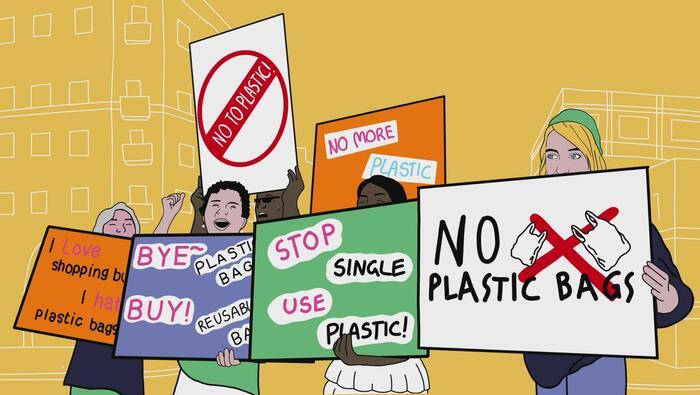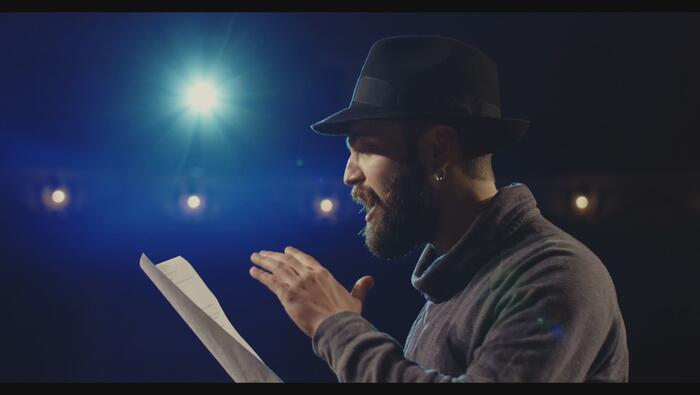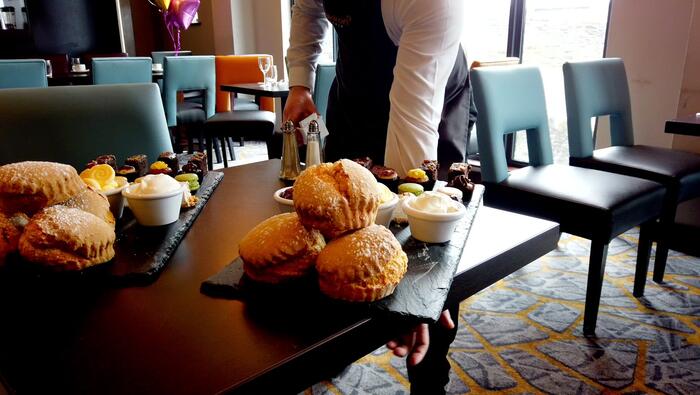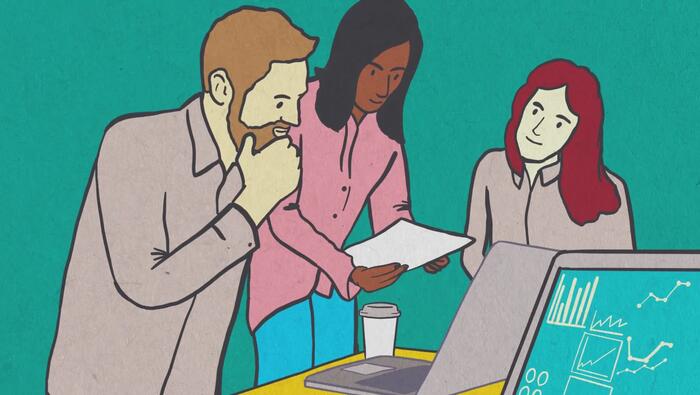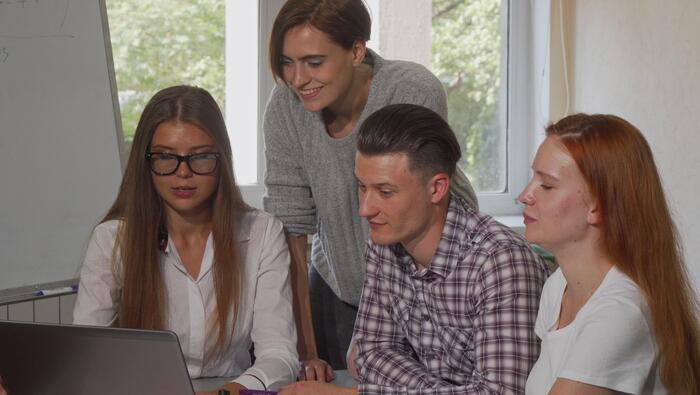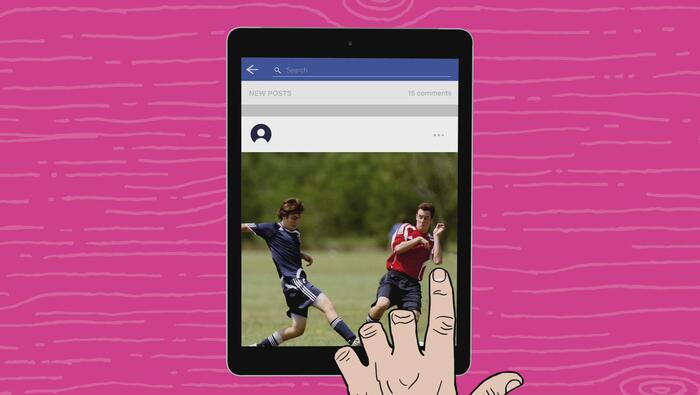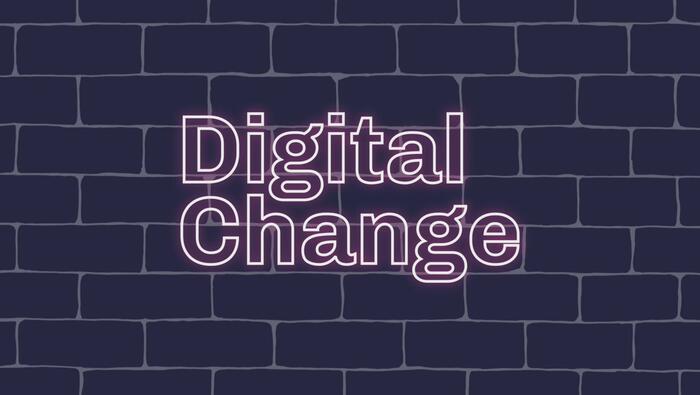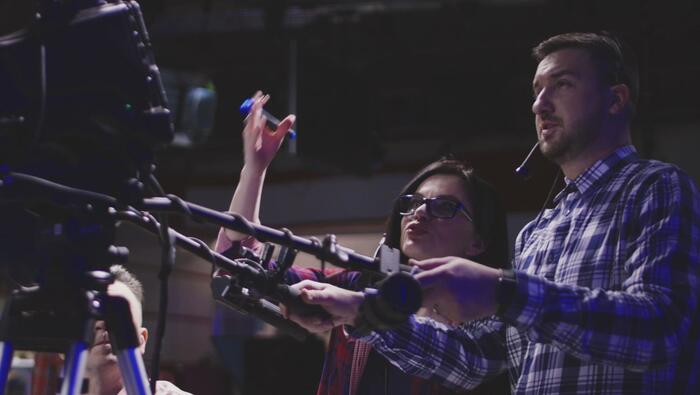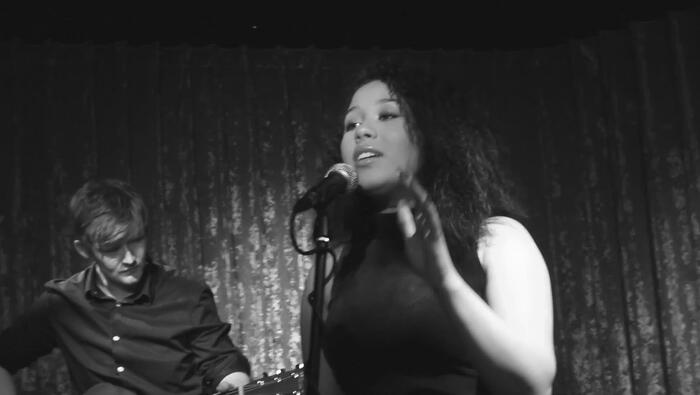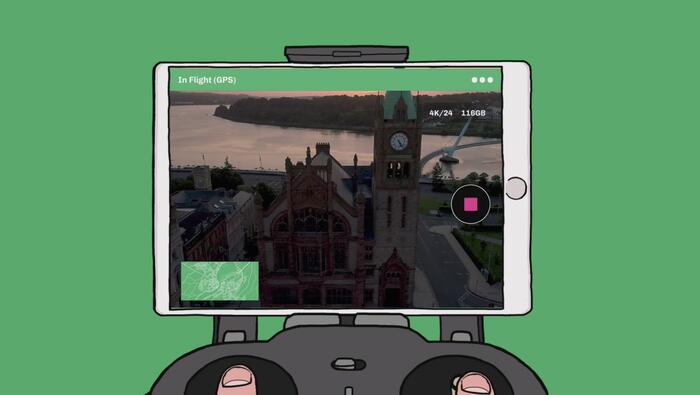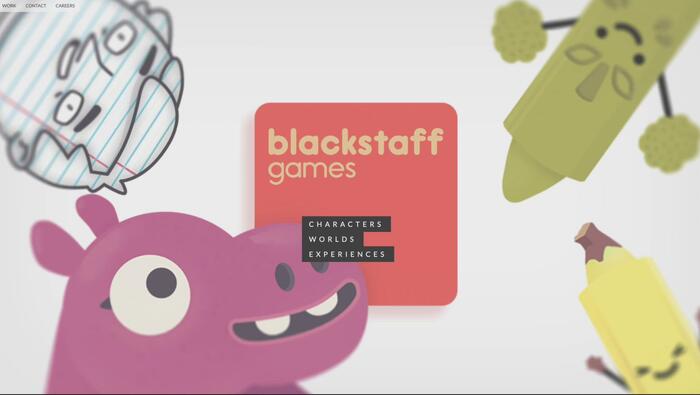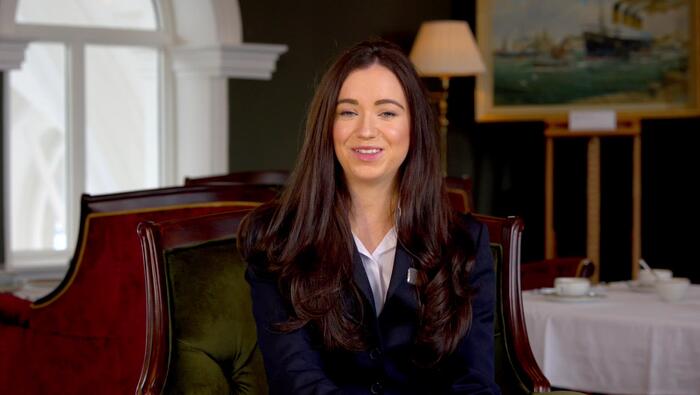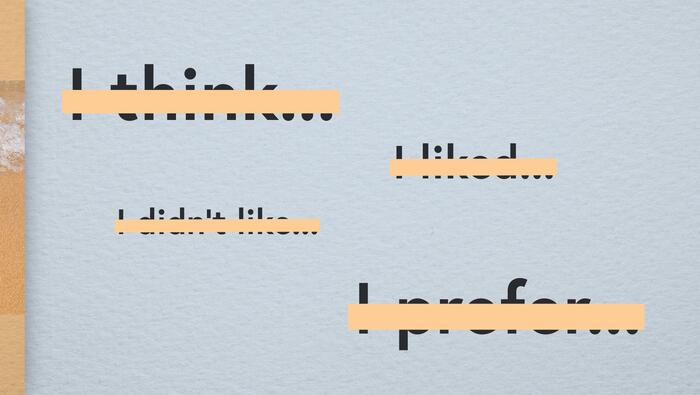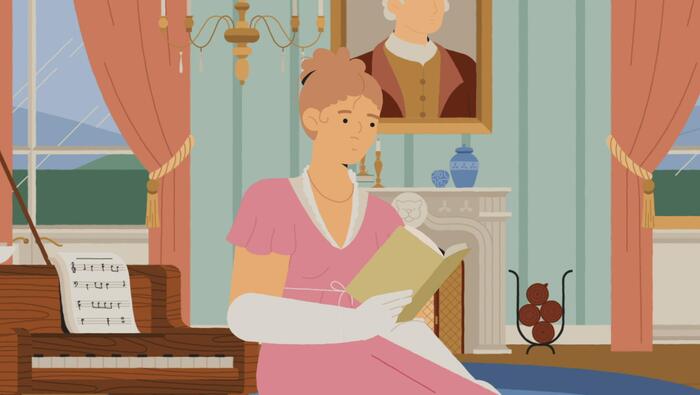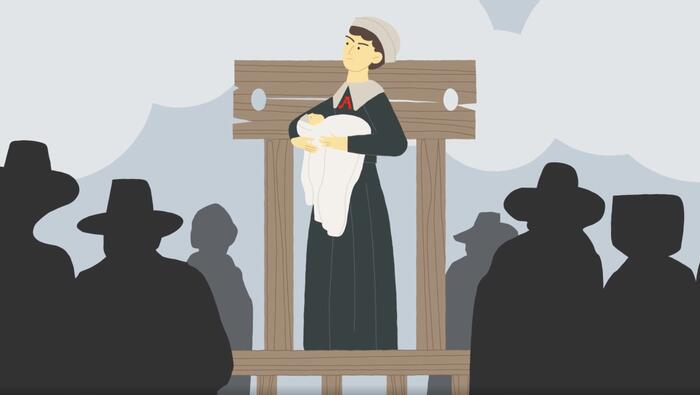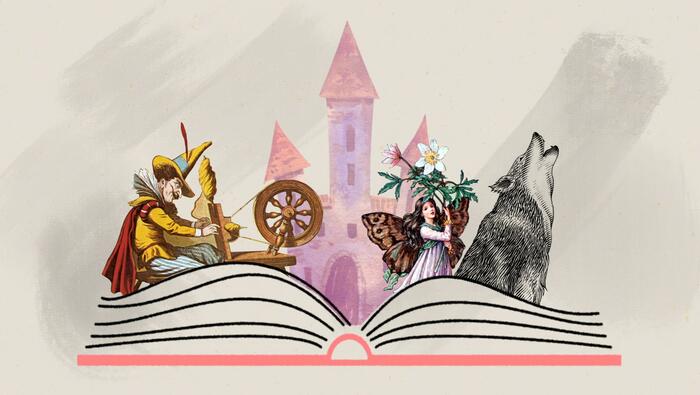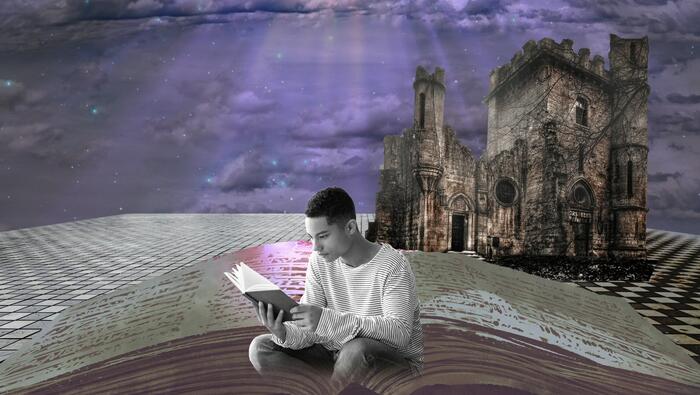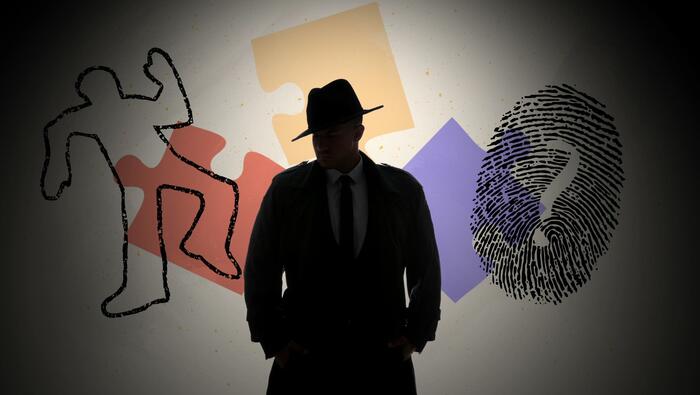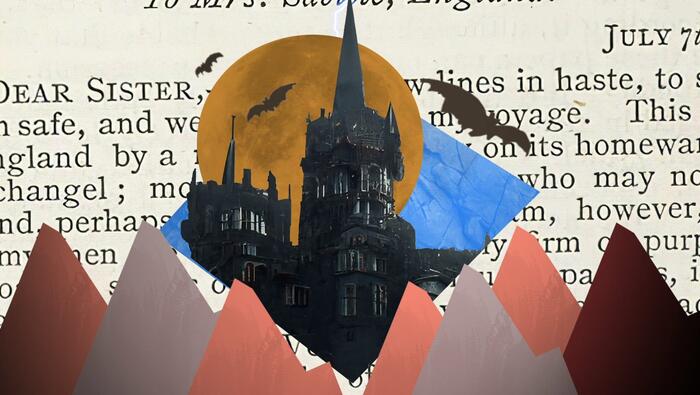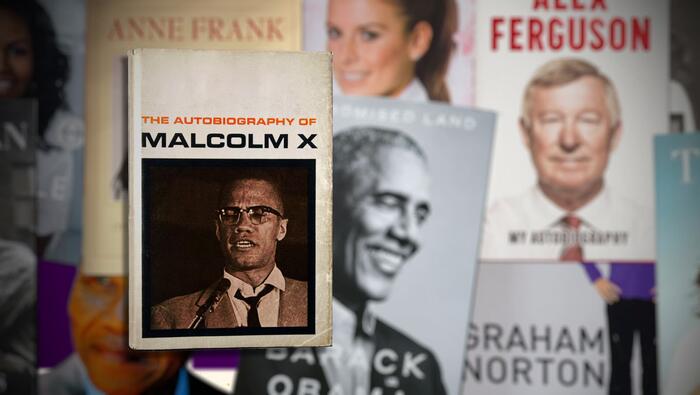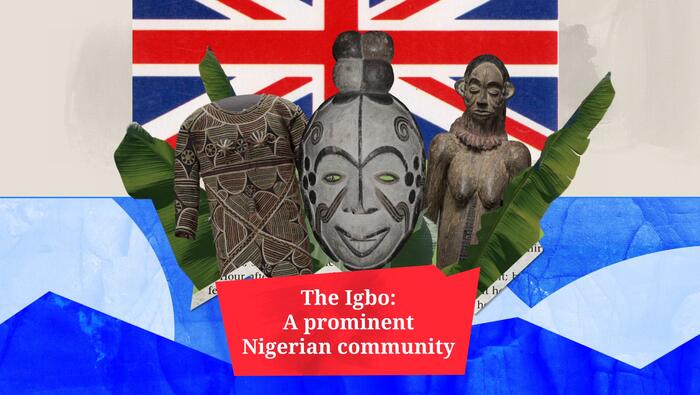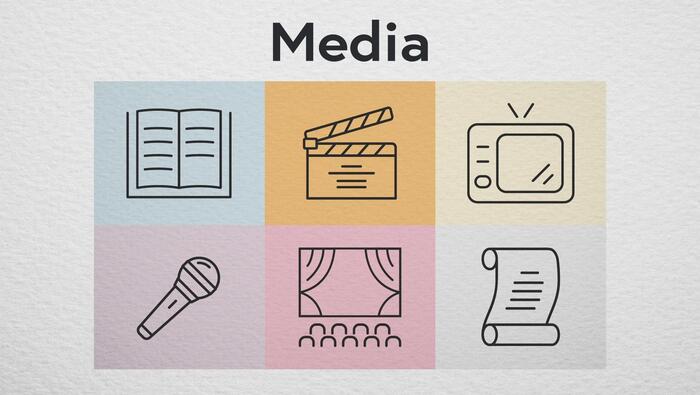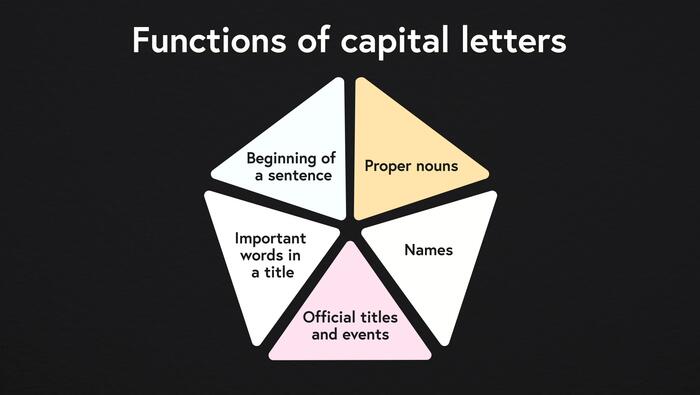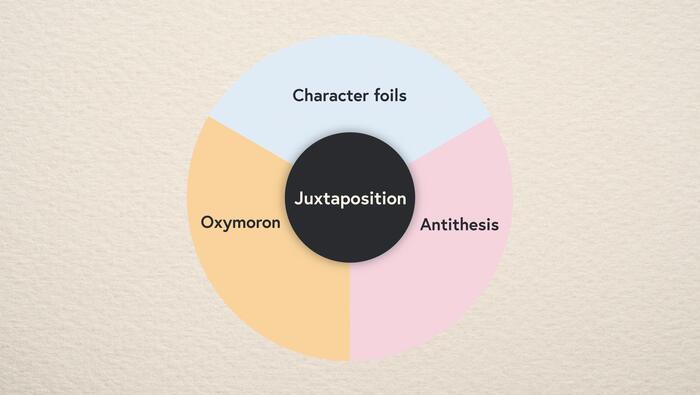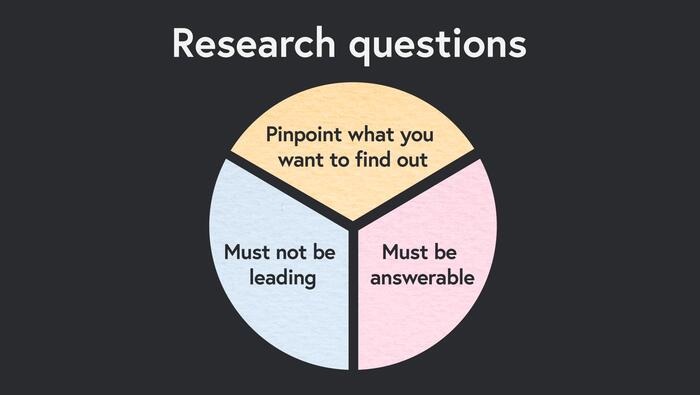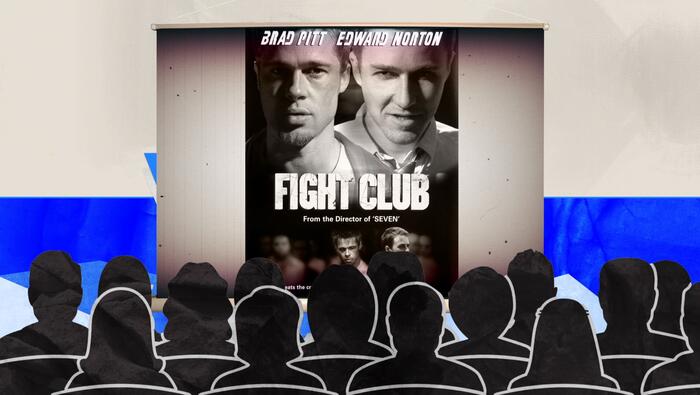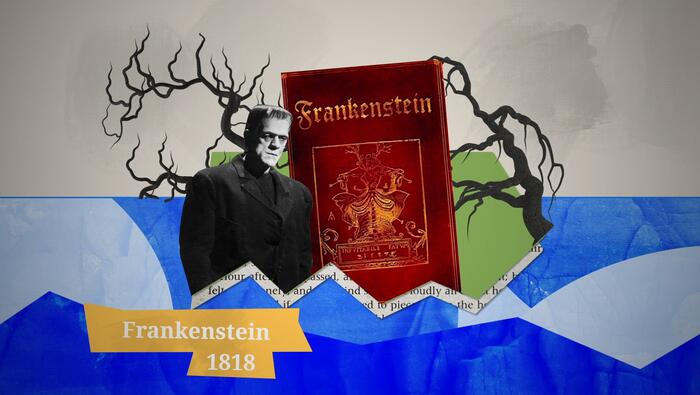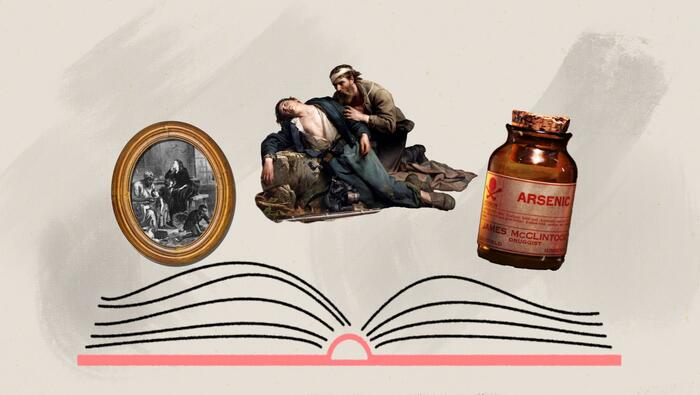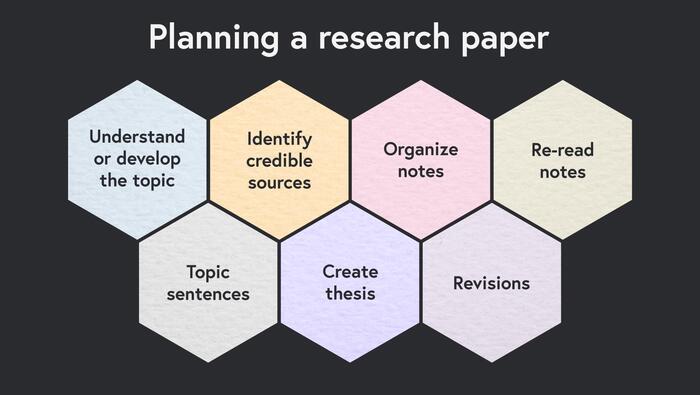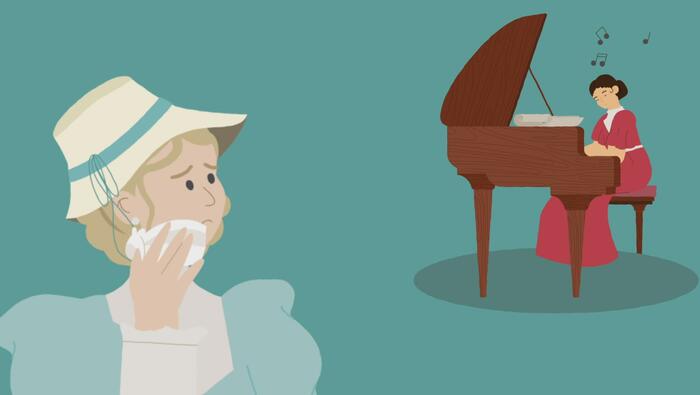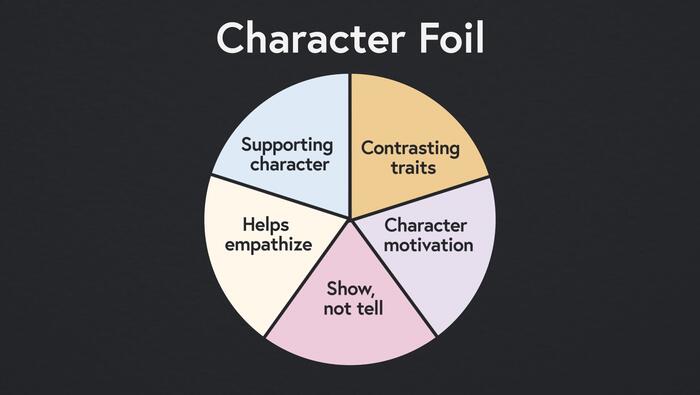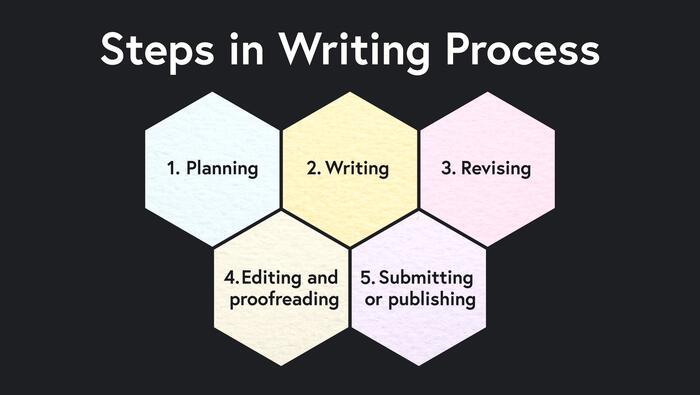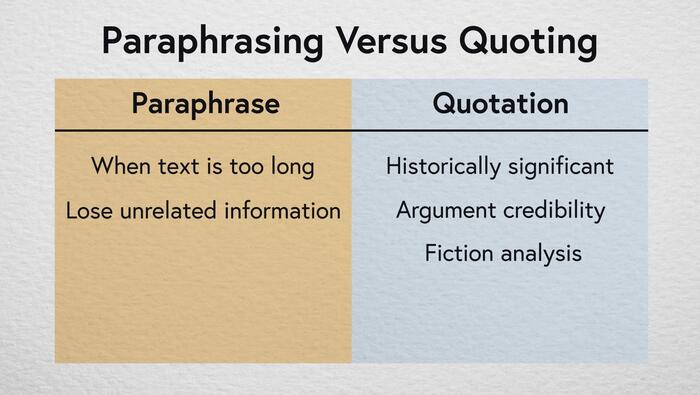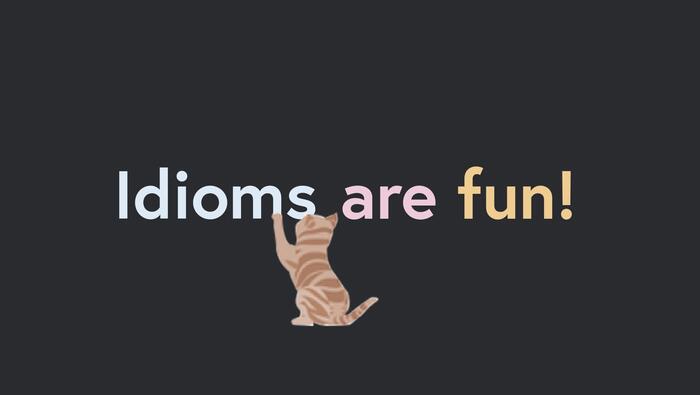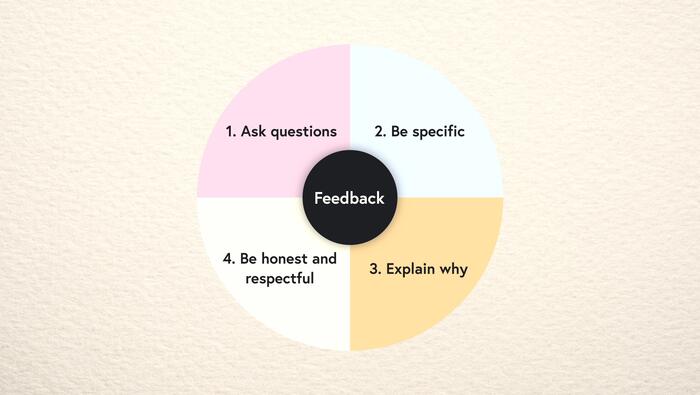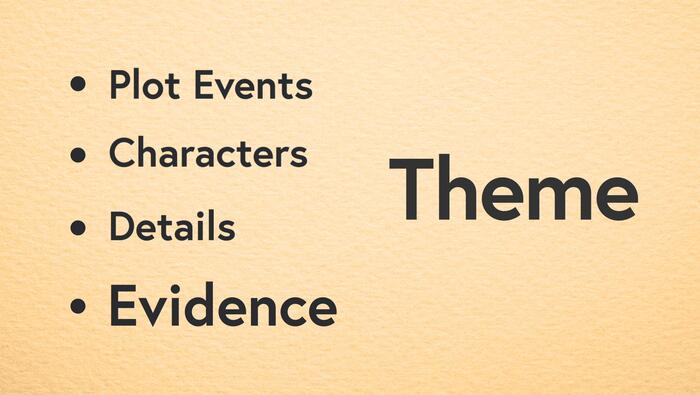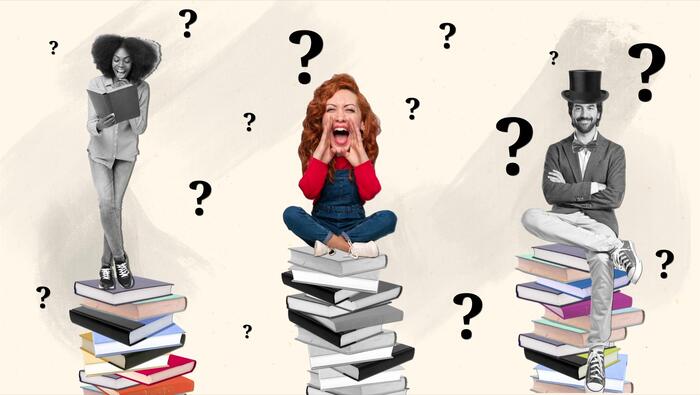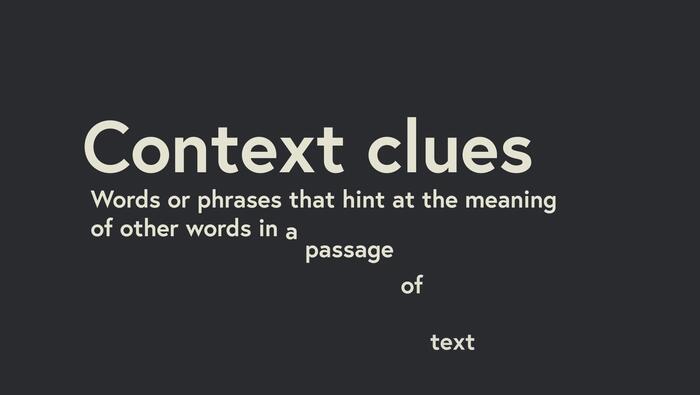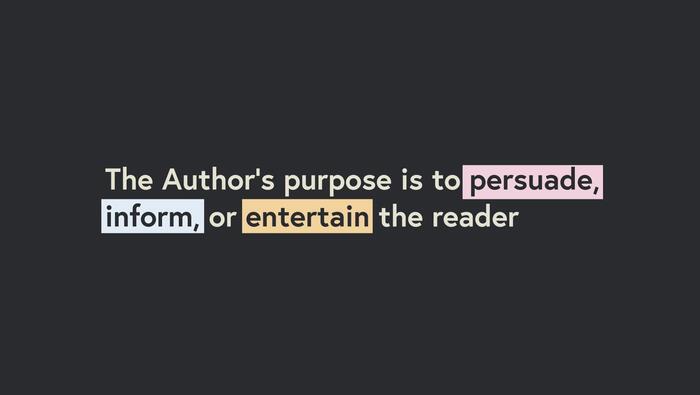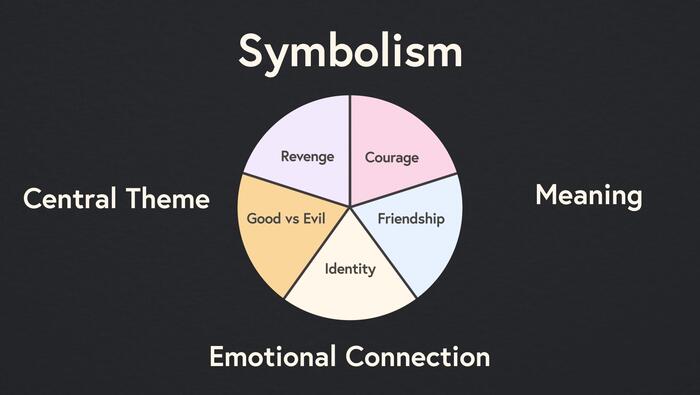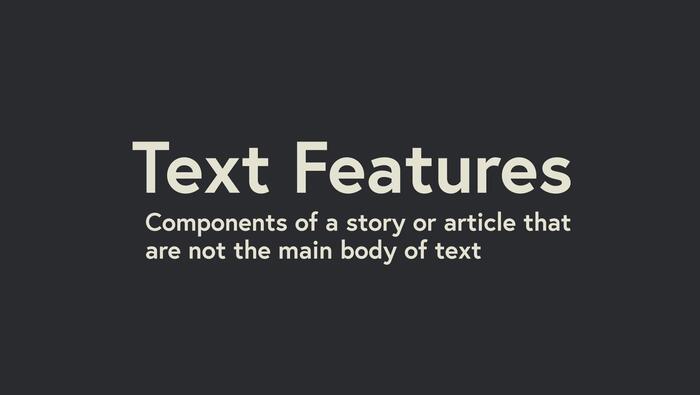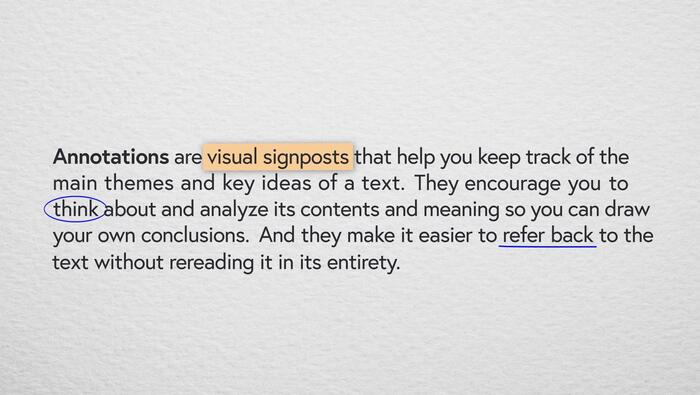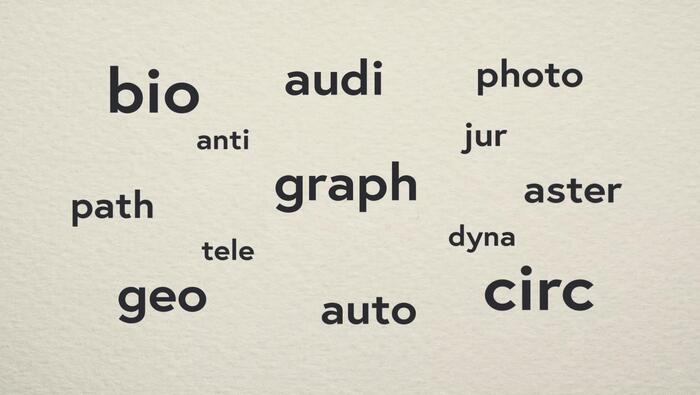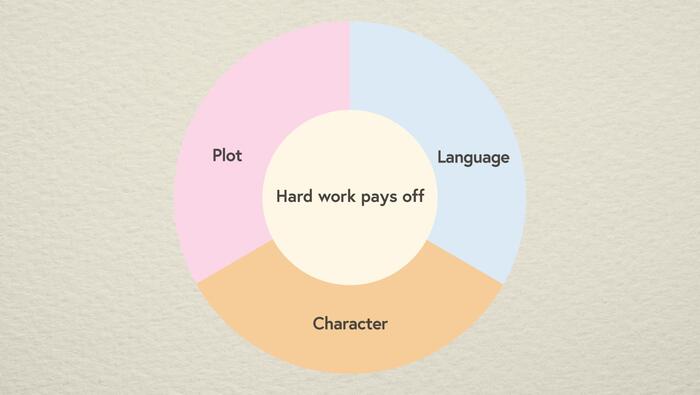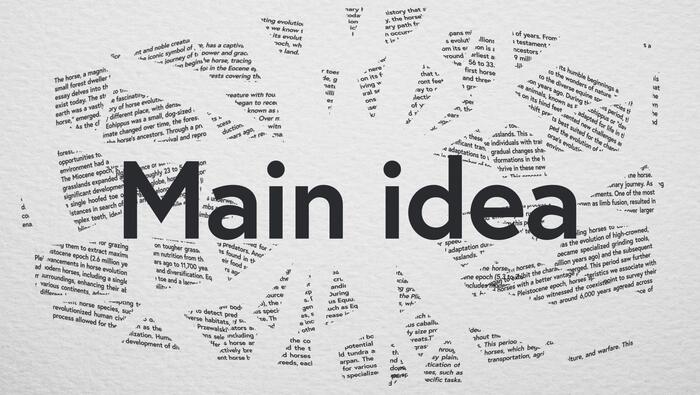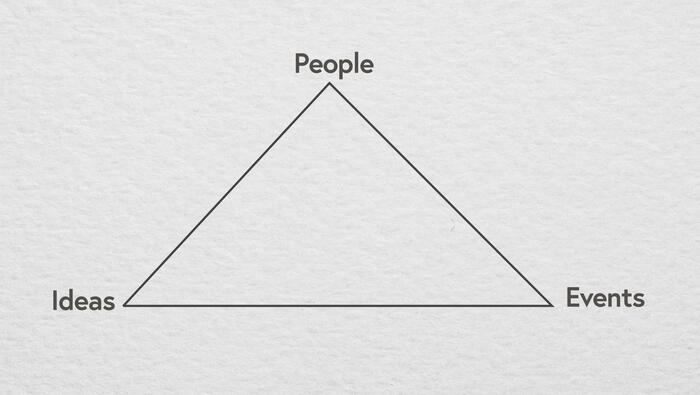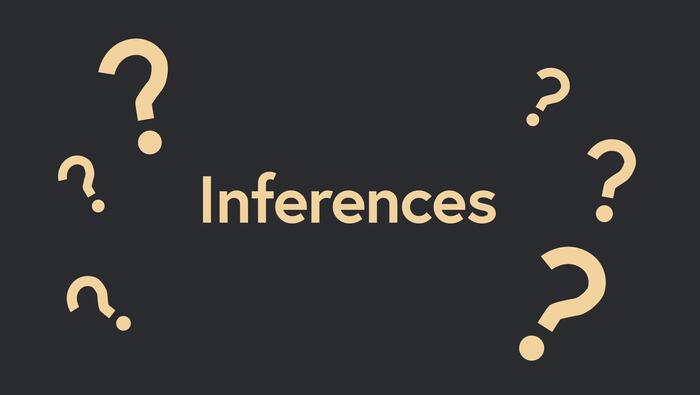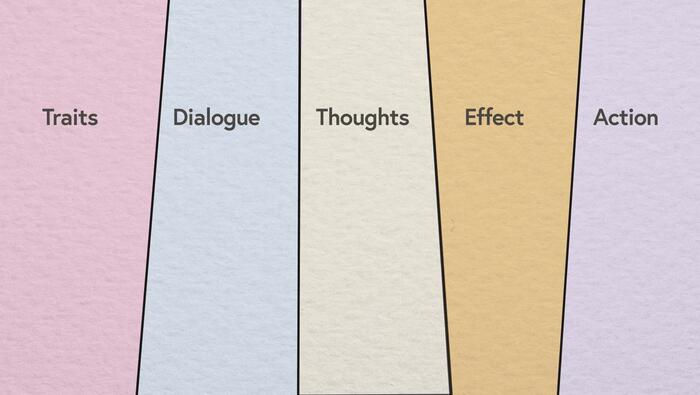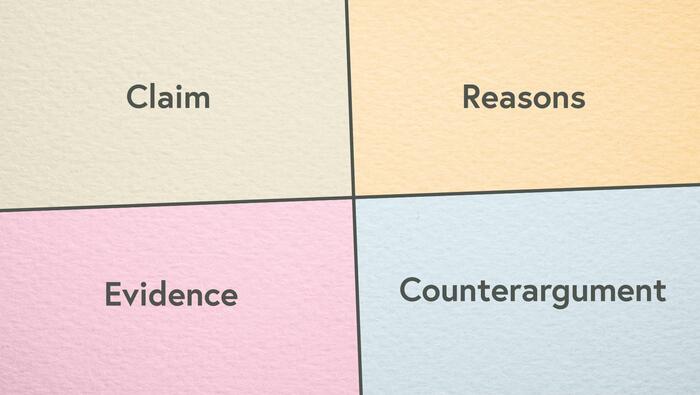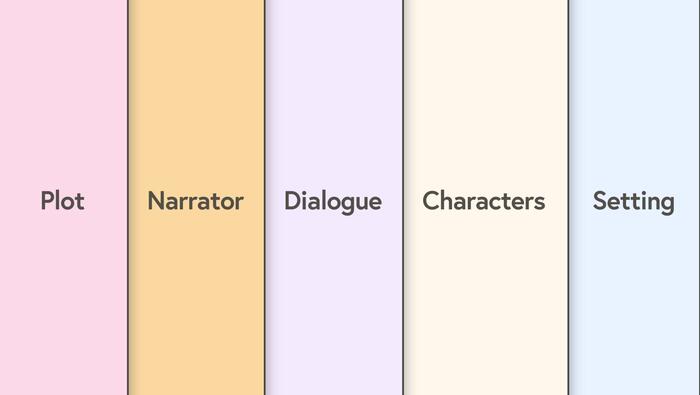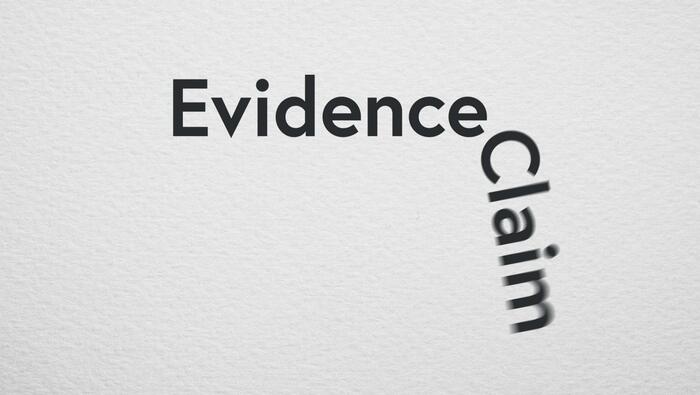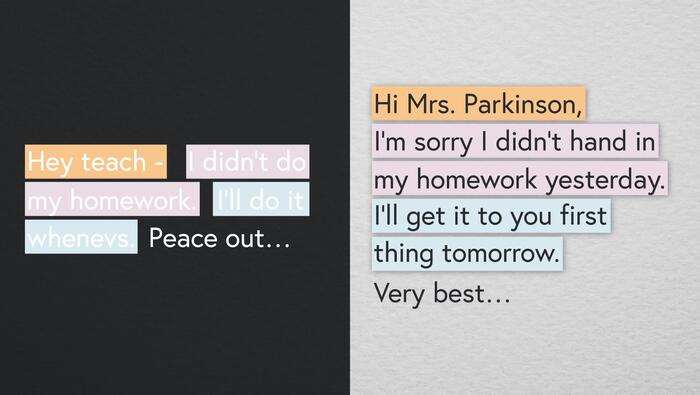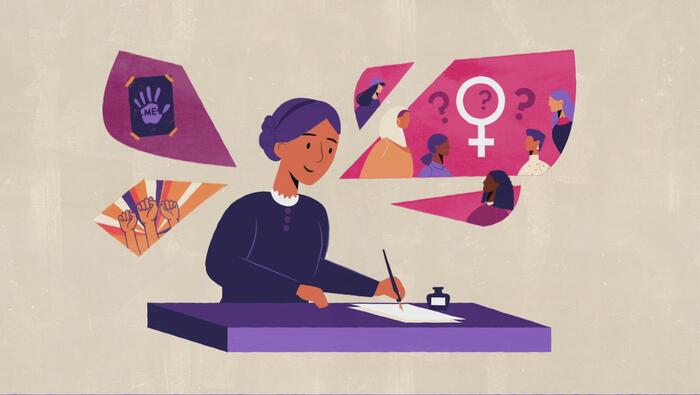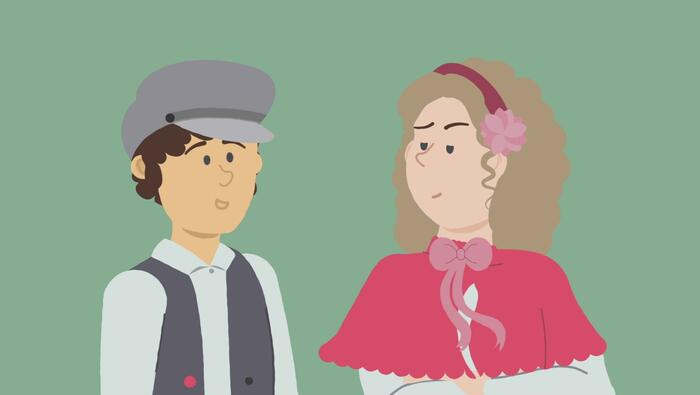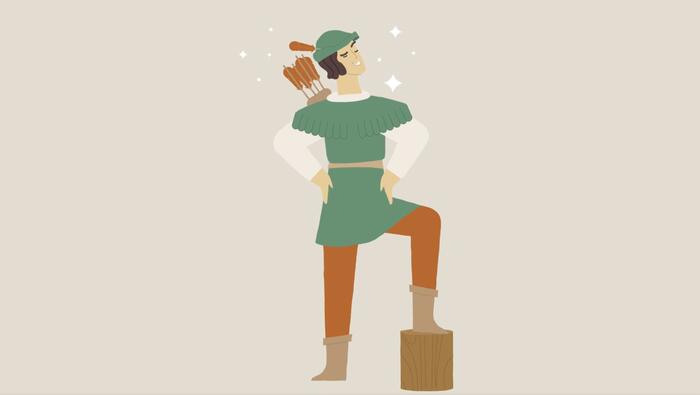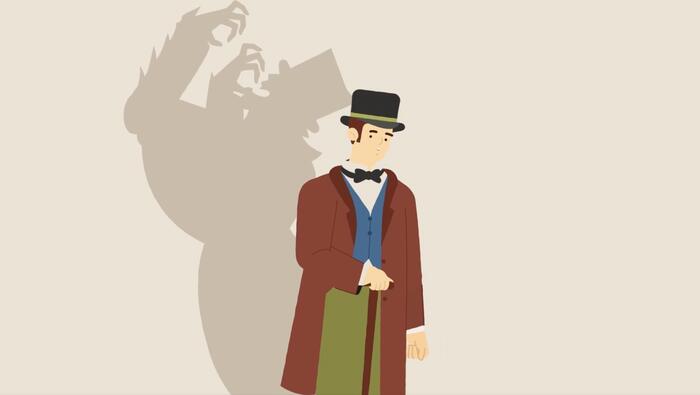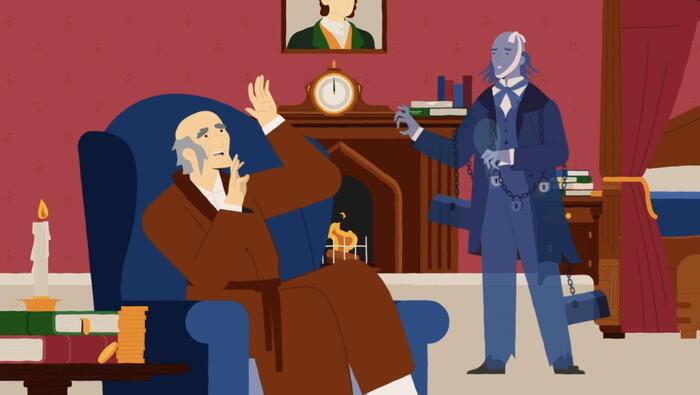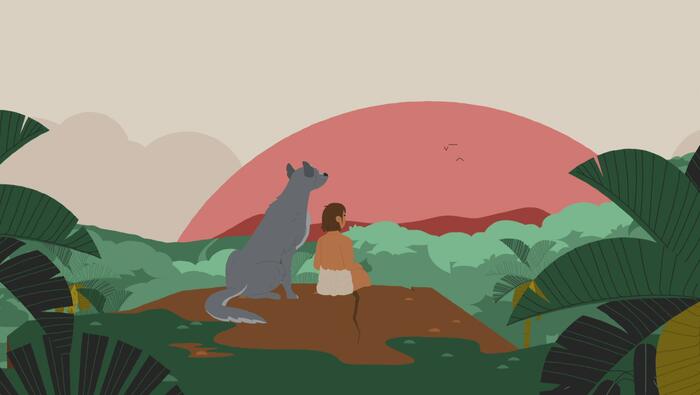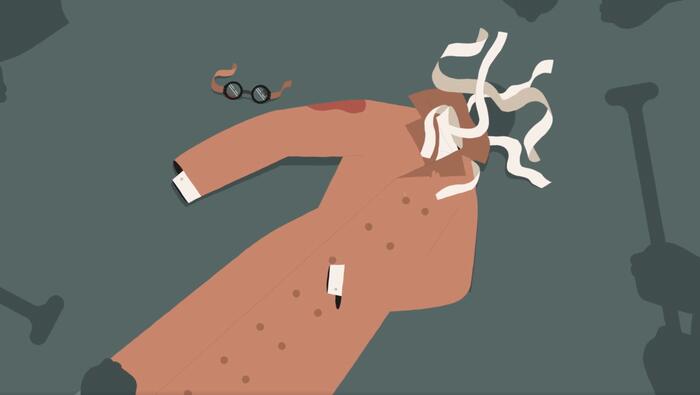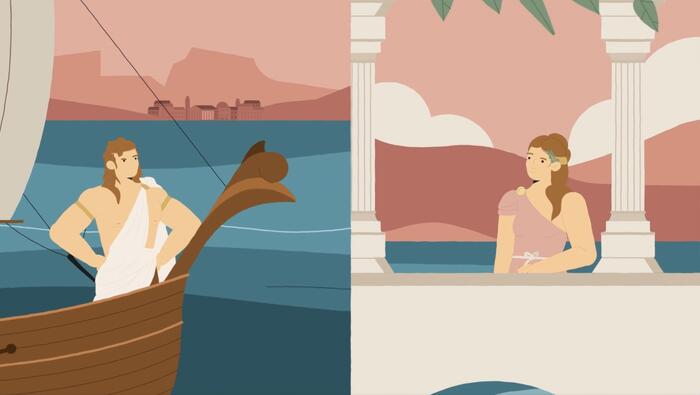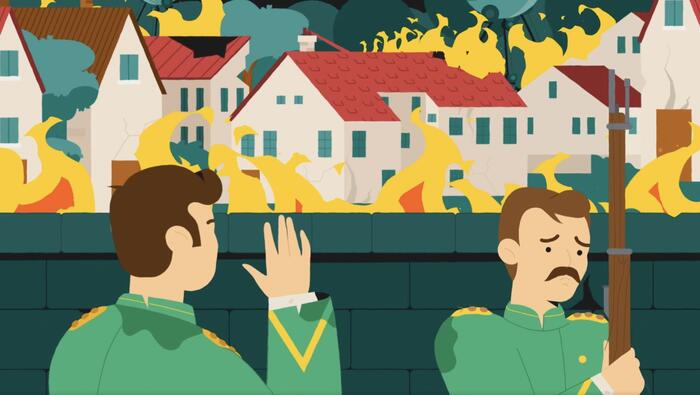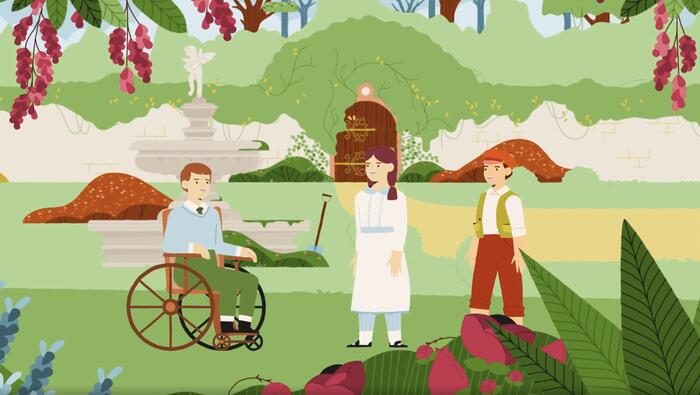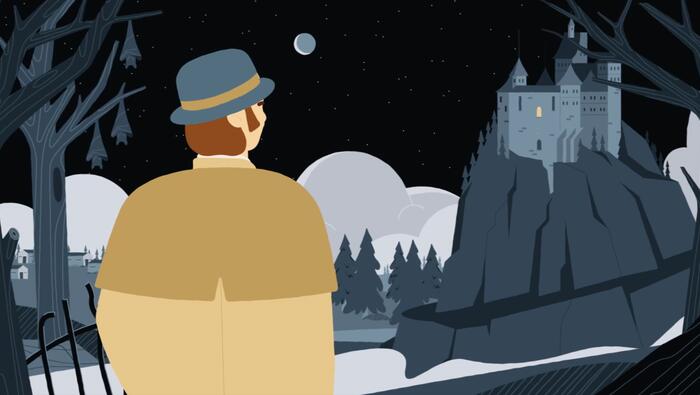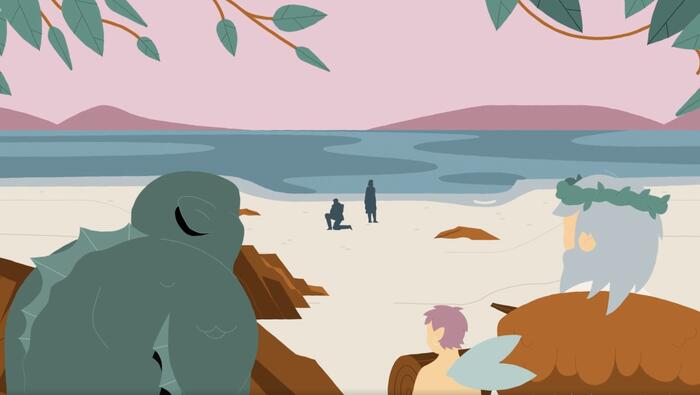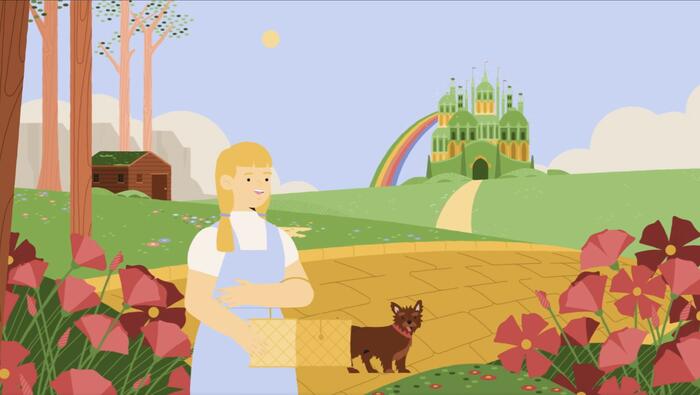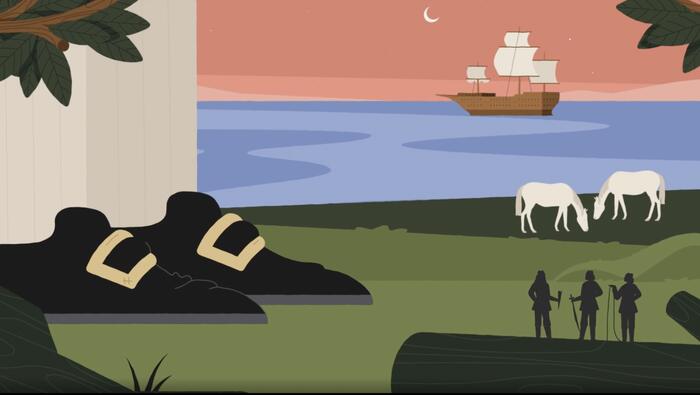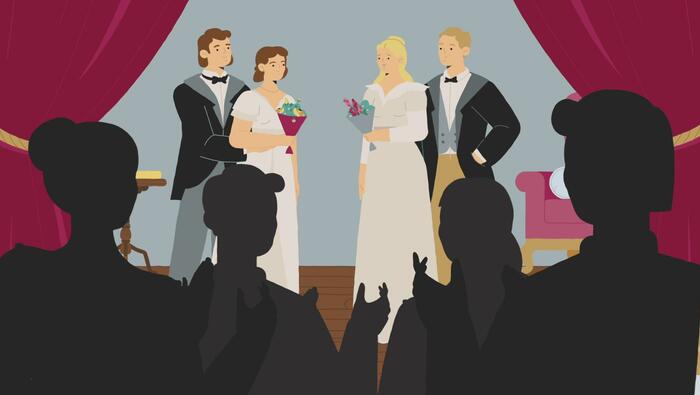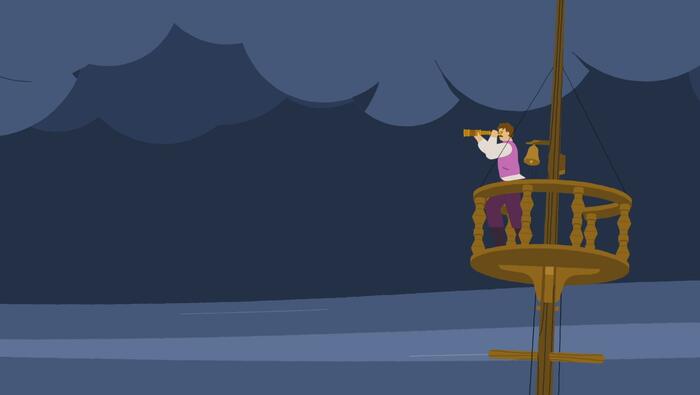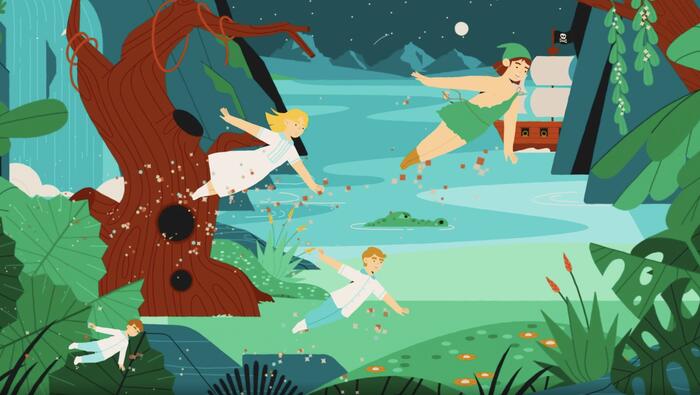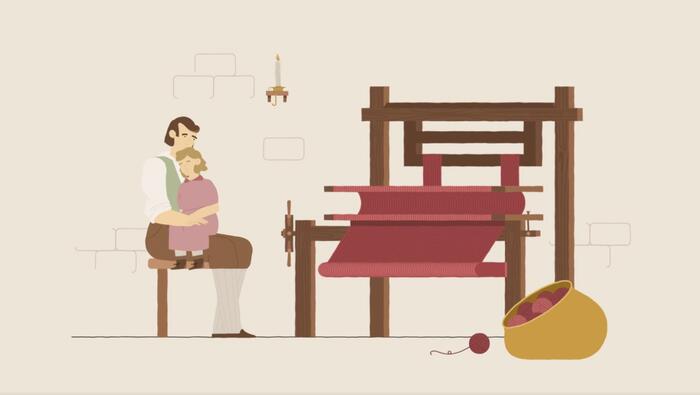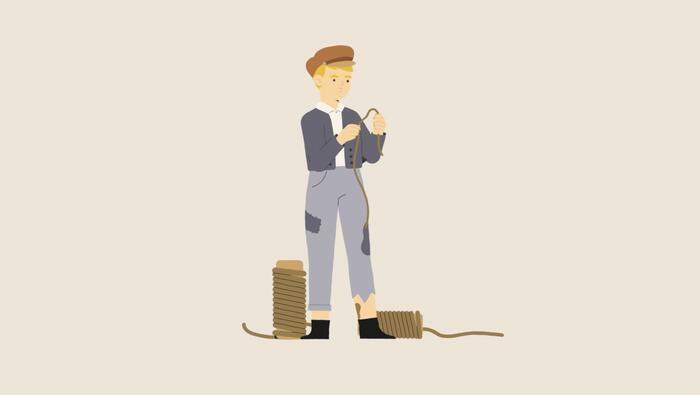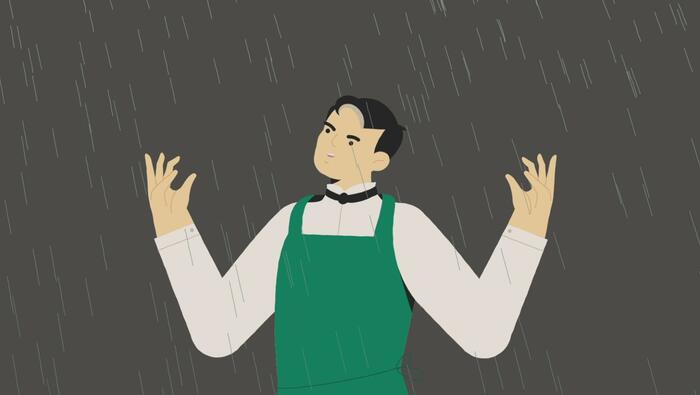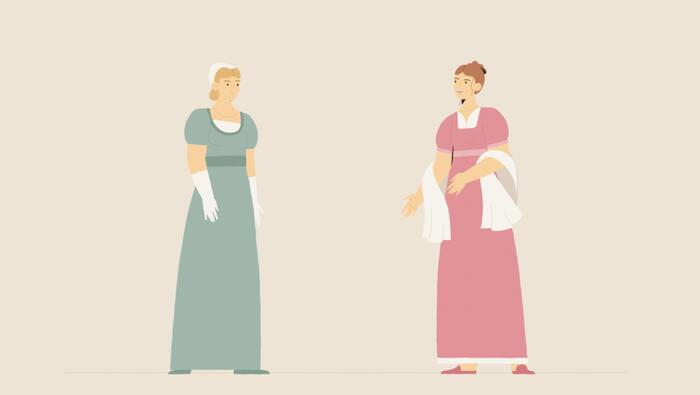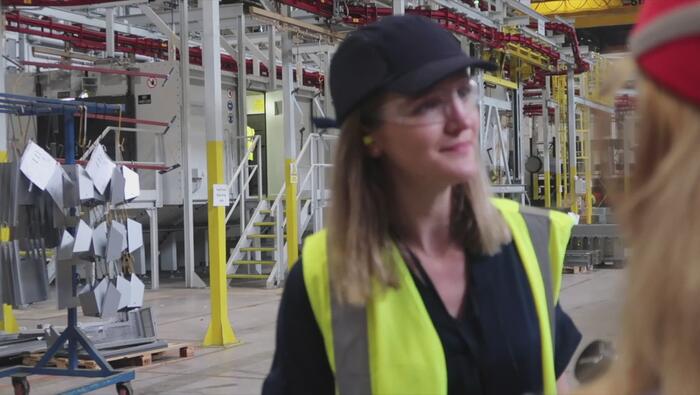
Ever wondered what it’s like being an Environmental Engineer at Caterpillar NI? Let’s join Ruth Lyttle to see what it takes!
Environmental Engineer Ruth Lyttle talks about her work with Caterpillar NI, which involves minimising the environmental impact of manufacturing. She highlights the personal attributes that have helped her and shows how if at first you don't succeed, try and try again.
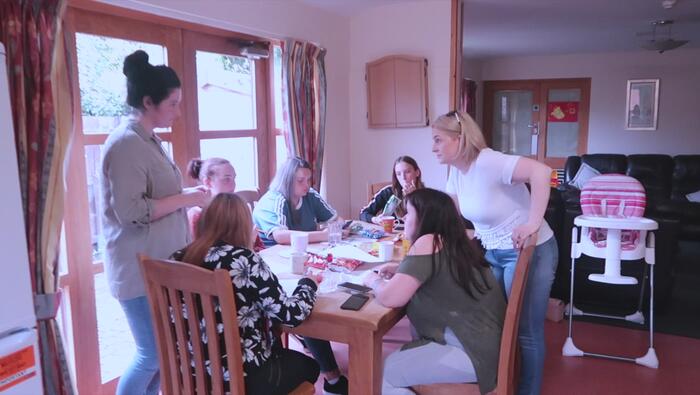
Ever wondered what it’s like being on the First Housing and #workitout programme? Let’s join Rebecca Bishop to see how she has gotten on!
Rebecca Bishop talks about her experiences with homelessness and how First Housing and the #WorkItOut programme provided the emotional and educational support she needed.
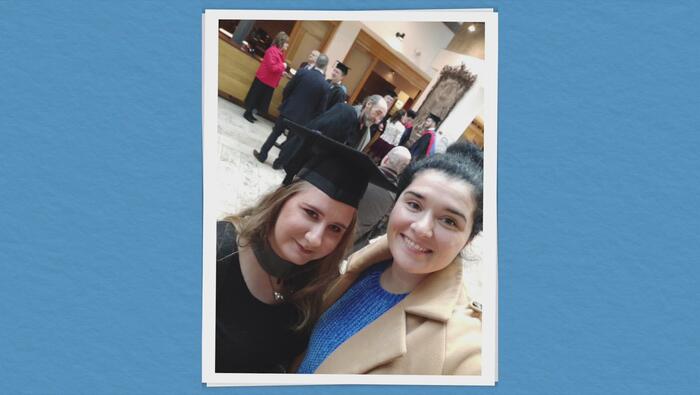
Ever wondered what it’s like being on the #WorkItOut programme? Let’s join Agnes to see how she has gotten on!
Agnes discusses the support she's received from First Housing, a Derry-based charitable organisation that helps the homeless, and how their #WorkItOut programme provided a route into further education.
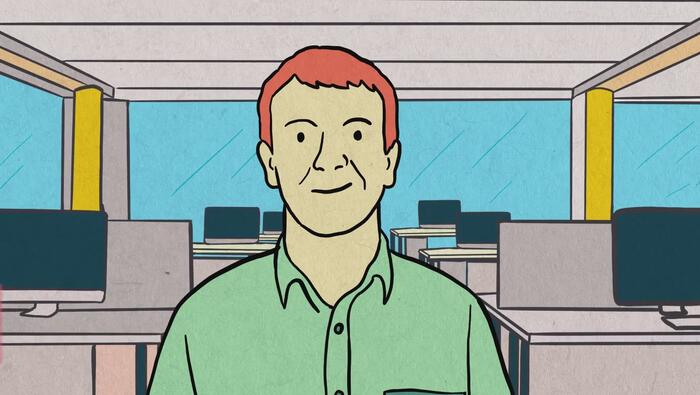
Business Information Systems Security
We all have personal information on our devices that we don’t want others to see and data security breaches are on the rise. Companies employ Business information systems or BIS security professionals to take care of this. Understand what a BIS security professional is from a first hand account, find out the median salary, the different roles and what qualities employers will look for.

Adventure
Action packed adventure stories can take us on journeys full of danger, excitement and triumph. Sometimes fictional, and sometimes based on true events, we take a look at the adventure stories which entertain and thrill us. From the first adventure novels of the 19th century including Moby Dick and Treasure Island, to popular fiction of the 20th century.
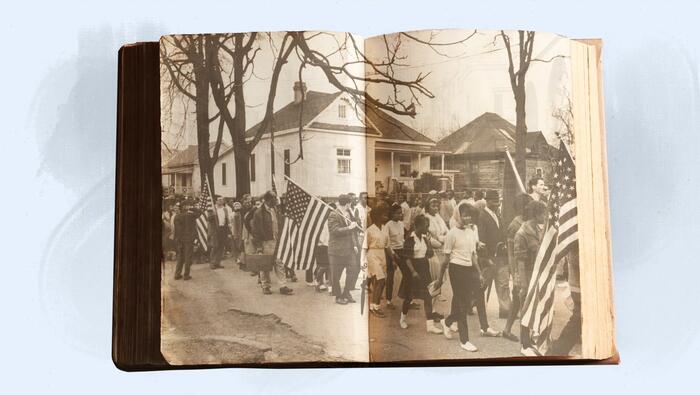
Historical Fiction
Historical fiction is a literary genre in which a fictional story is set in a chosen period of time in history. Often involving real people, these stories reimagine historical events. We take a look at classics from Homer's The Iliad, to Mildred Taylor's Roll of Thunder, Hear My Cry.
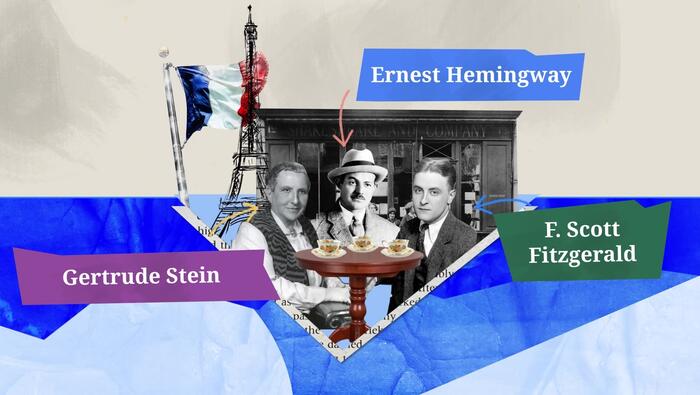
The Lost Generation
The devastation and disillusionment that resonated through society in the aftermath of World War I had a profound impact on the literary landscape, notably a group of U.S. writers living in Europe, including Ernest Hemingway and F. Scott Fitzgerald. These writers are known as the Lost Generation.
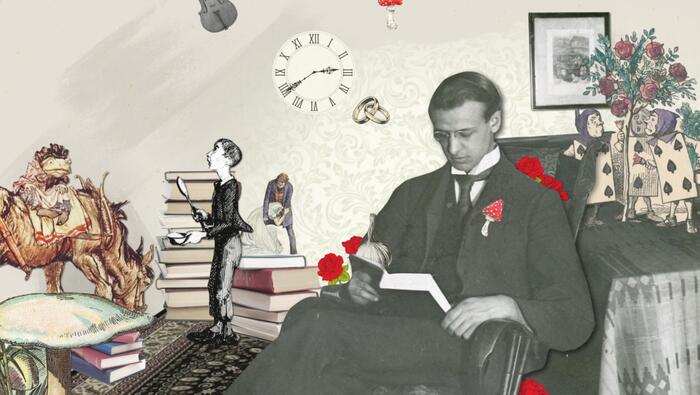
Victorian Literature
Exploring the diversity of Victorian Literature, we discover how authors like Charles Dickens, the Brontë Sisters and Lewis Carroll captured the ideals and issues of a rapidly industrializing society, weaving tales of innovation, societal norms and adventure in 19th Century England.
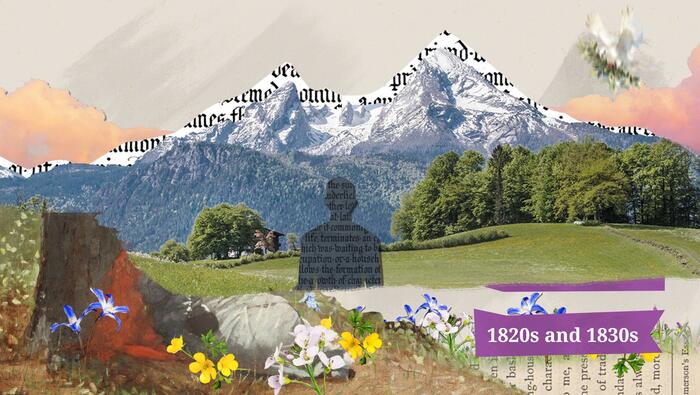
Transcendentalism
Transcendentalism is a spiritual, philosophical and literary movement that emerged in the United States in the 19th century. With its emphasis on individualism and the inherent goodness of all people, discover how it impacted civil rights movements via works by Louisa May Alcott, Henry David Thoreau and others.

Coming of Age
Coming of age stories chart a character’s journey from childhood through adolescence and into adulthood. This genre is also known by the German word, 'Bildungsroman'. We take a look at some classics of the genre, from Charles Dickens' Great Expectations to Harper Lee's To Kill a Mockingbird.
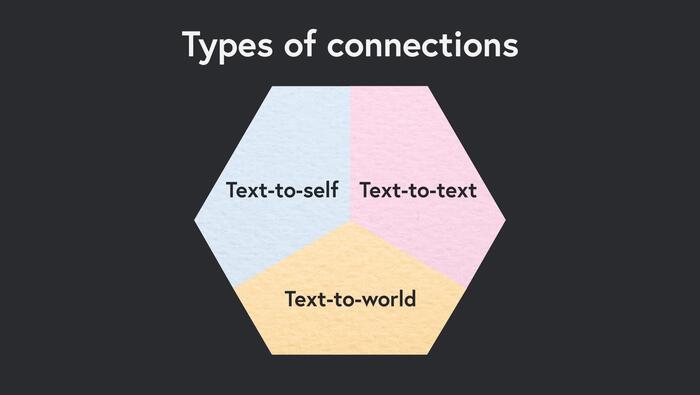
Making Connections Within the Text
One of the primary joys of reading is seeing yourself in a character, or seeing world events mirrored in the plot of a book. This is called making connections with texts and it not only enhances enjoyment, it also enhances understanding and your ability as a reader.
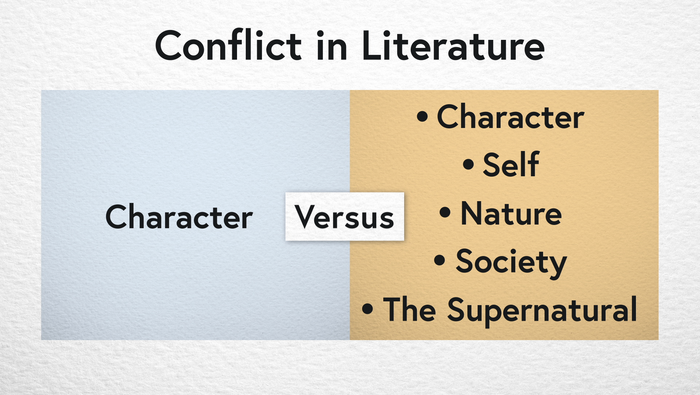
Types of Conflict in Literature
Conflict is an essential element in storytelling, driving characters to pursue their goals and overcome obstacles. It comes in five main forms - Character vs. Character, Character vs. Self, Character vs. Nature, Character vs. Society, and Character vs. The Supernatural - each of which adds depth and tension to narratives and shaping character development.
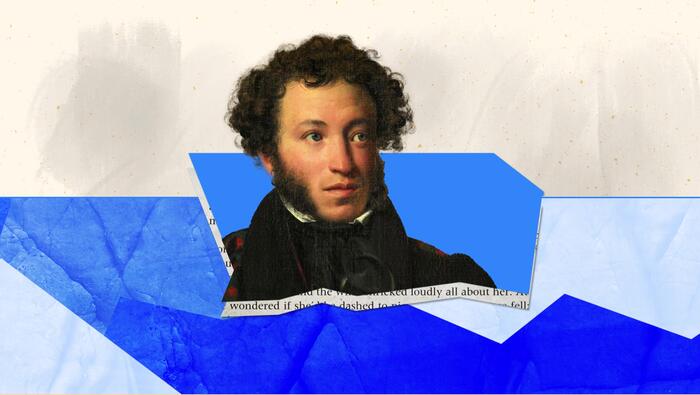
Novel in Verse
Novel in verse is a hybrid genre - a style of literature that uses narrative poetry to tell a novel-length story, often through being read out loud. In this film we take a look at narrative poems through history, from the Epic of Gilgamesh to the first Novel in Verse writings of Elizabeth Barrett Browning. Modern writers, such as Kwame Alexander in The Crossover and Jason Reynolds in the Long Way Down use this form to explore contemporary themes of racism and identity.
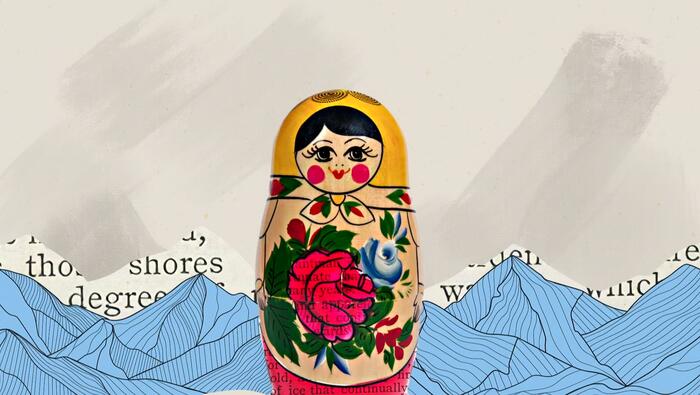
Allegory
Allegory is a form of literary fiction that uses symbolism to comment on actual events, people or elements of the human condition, often working on two levels: the surface story and the deeper meaning. We take a look at some of the great allegorical works in literature, from John Bunyan's The Pilgrim's Progess, to George Orwell's political allegory, Animal Farm.
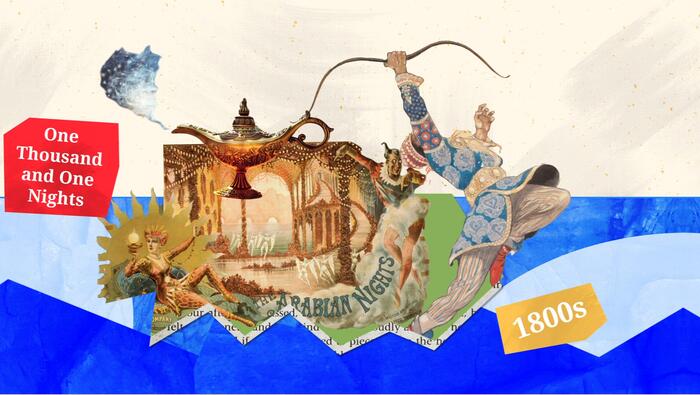
Children's Literature
Children’s literature is fiction created specifically to be read and enjoyed by young people. From nursery rhymes and fairy tales, stories that can teach us about good and evil, to books that whisk us off to fantastical worlds beyond our wildest dreams, we take a look at the history of children's books from Aesop's Fables to modern classics, such as Harry Potter and Wonder.
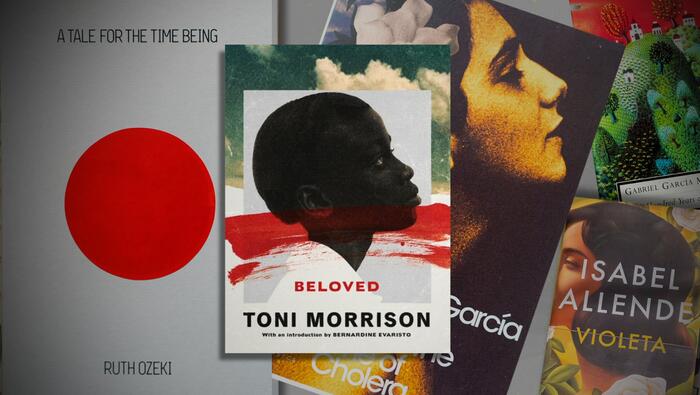
Magical Realism
Starting as an art form in the 1920s, magical realism is a genre of literature that uses the real world as a setting, but adds a sprinkle of magic or fantasy. Made famous by South American writers such as Gabriel Garcia Marquez in his book 'One Hundred Year's of Solitude', this new form of expression soon developed new conventions, with writers around the world, such as Yann Martel and Toni Morrison.
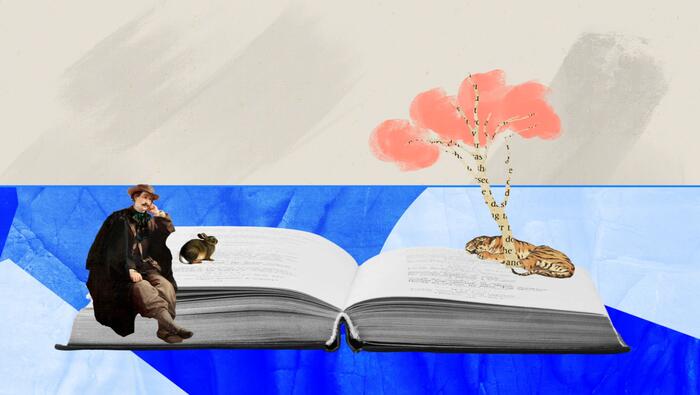
Romanticism
Beginning in the eighteenth century in response to social upheaval, industrialisation and revolution, ideas of Romanticism influenced poets such as Coleridge, Blake and Wordsworth. Later novelists, from Emily Bronte to Nathaniel Hawthorn used elements of the Romantic genre to write some of the greatest works in literature.
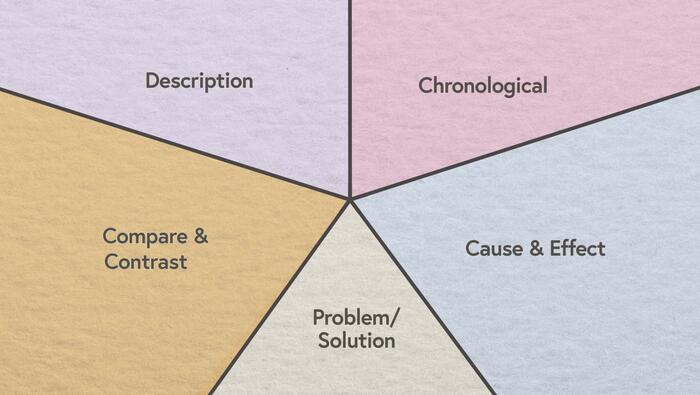
Nonfiction Text Structures
Understand nonfiction texts with these five essential text structures. From chronological narratives to cause and effect explanations, problem-solving essays, compare and contrast articles, and descriptive lists, once you know these structures, you can read and write with more clarity.

